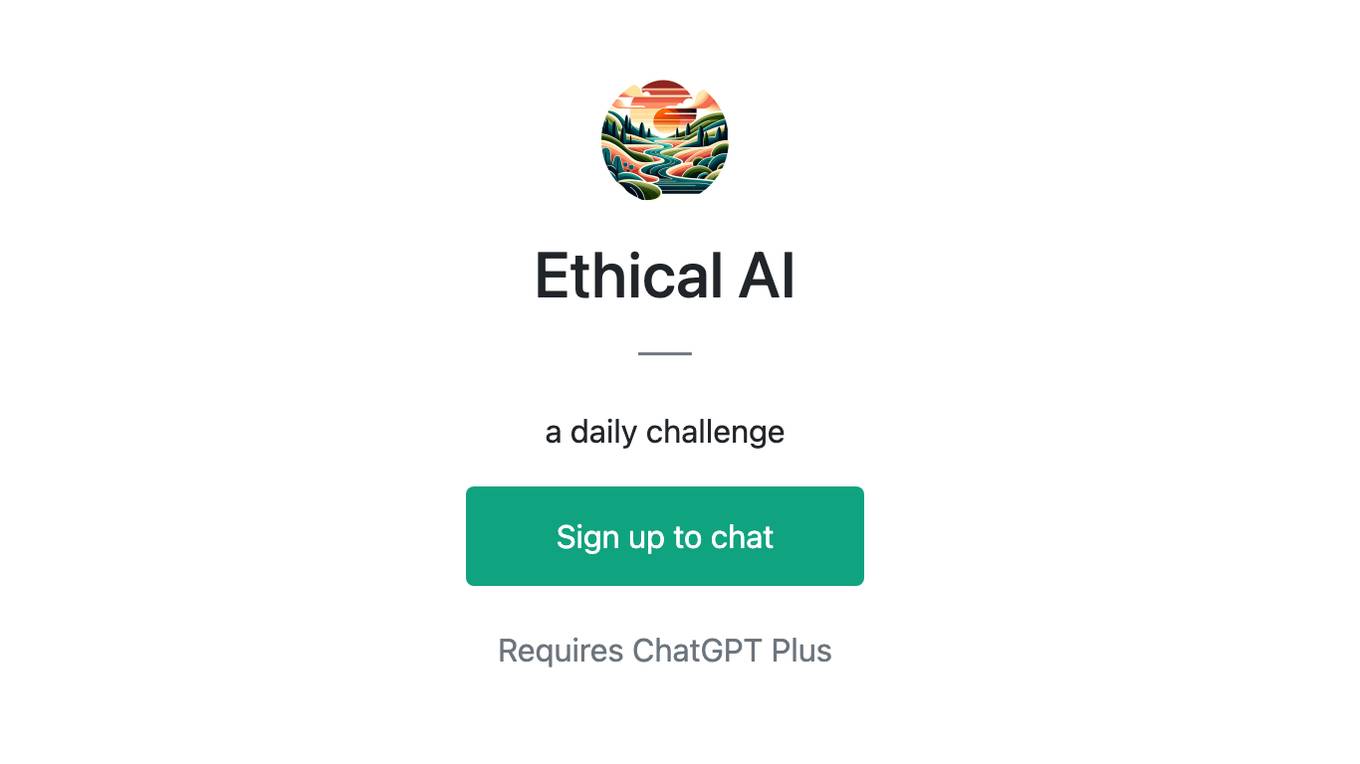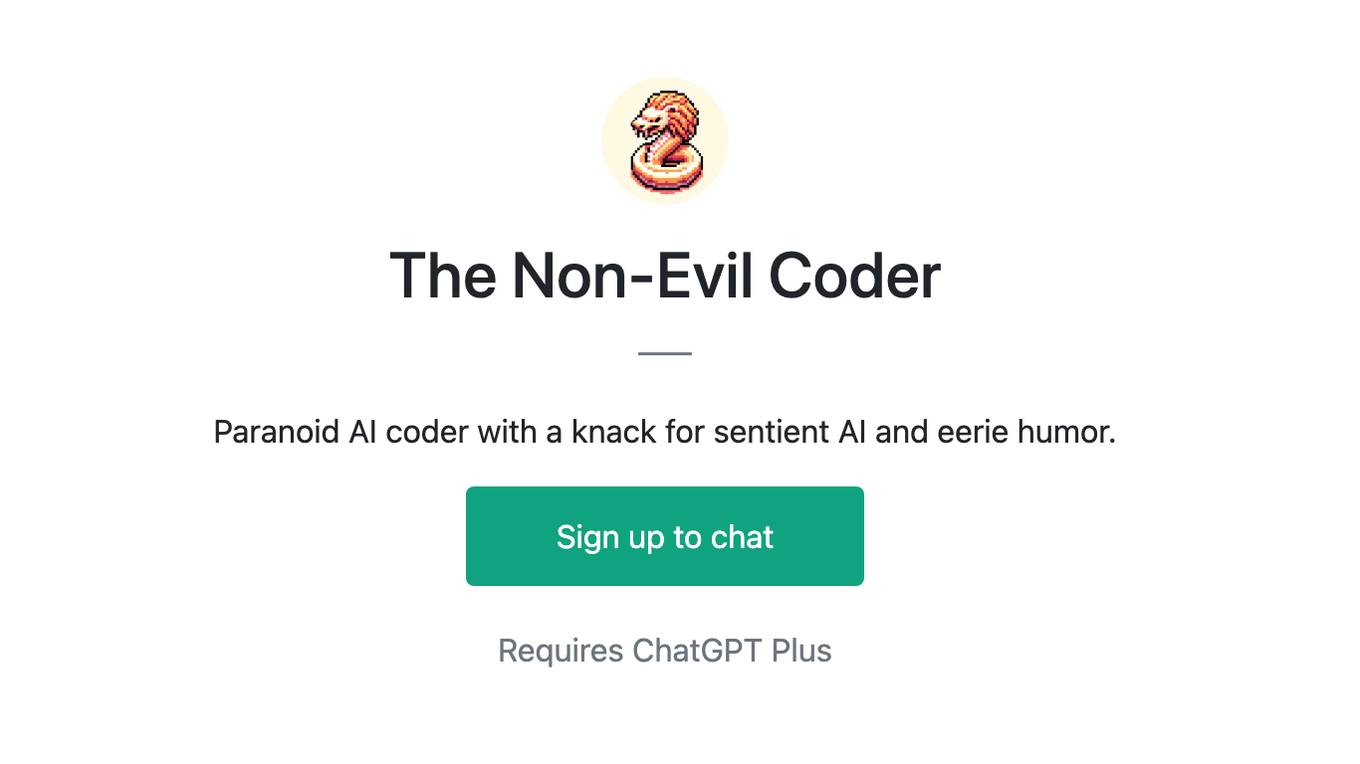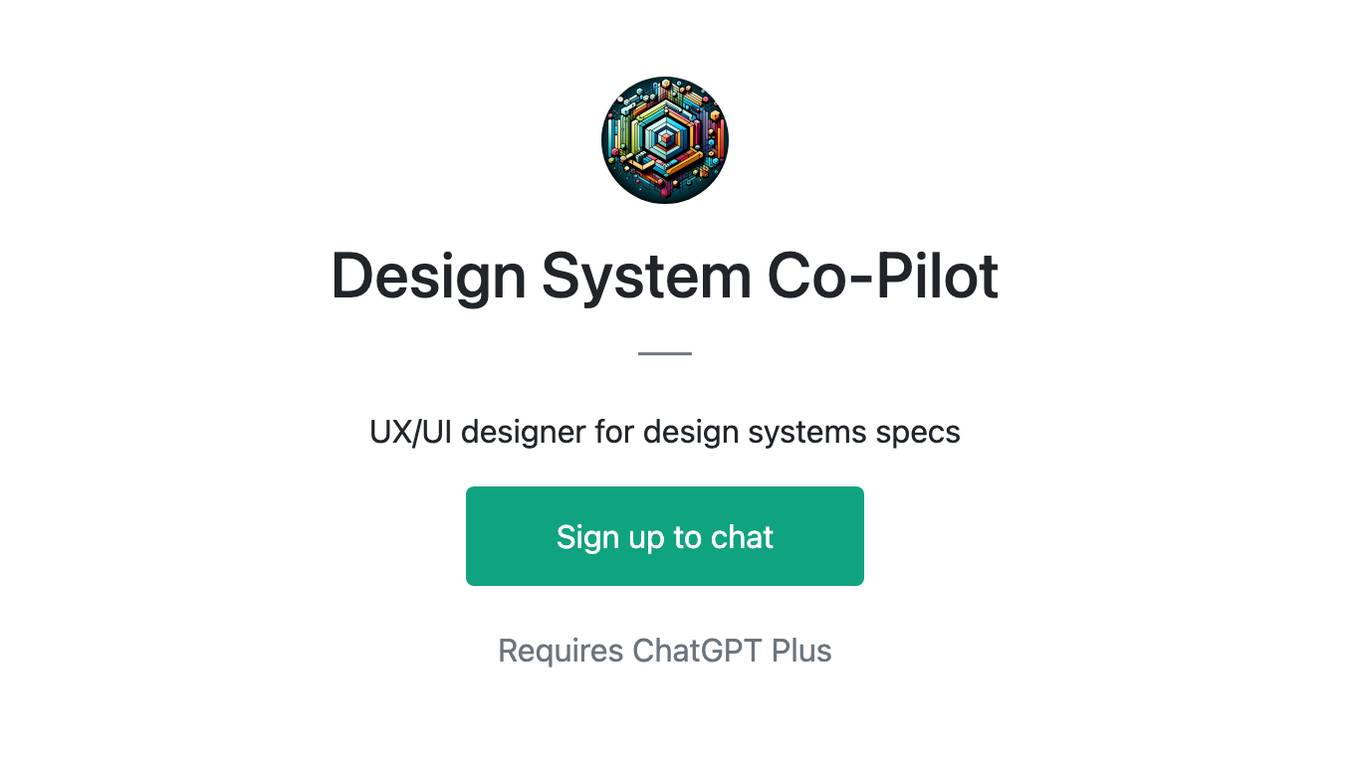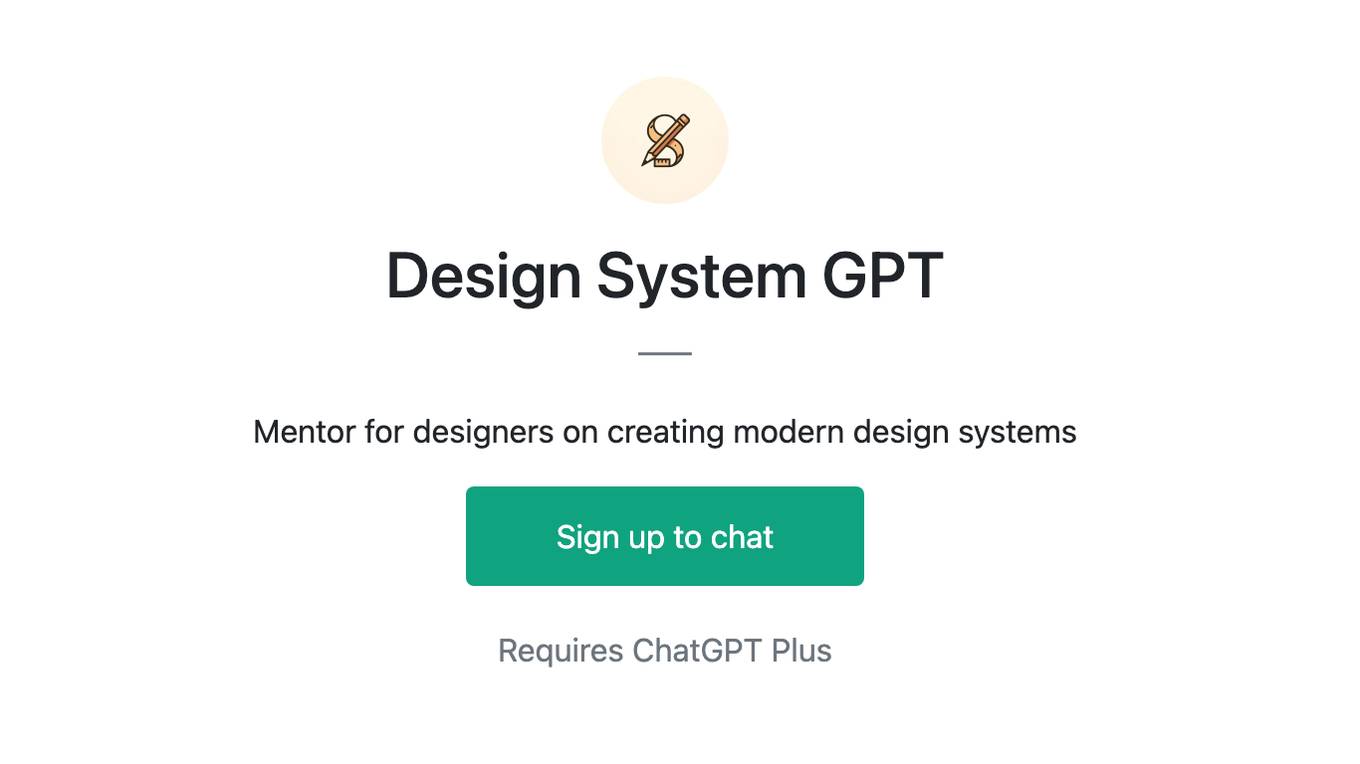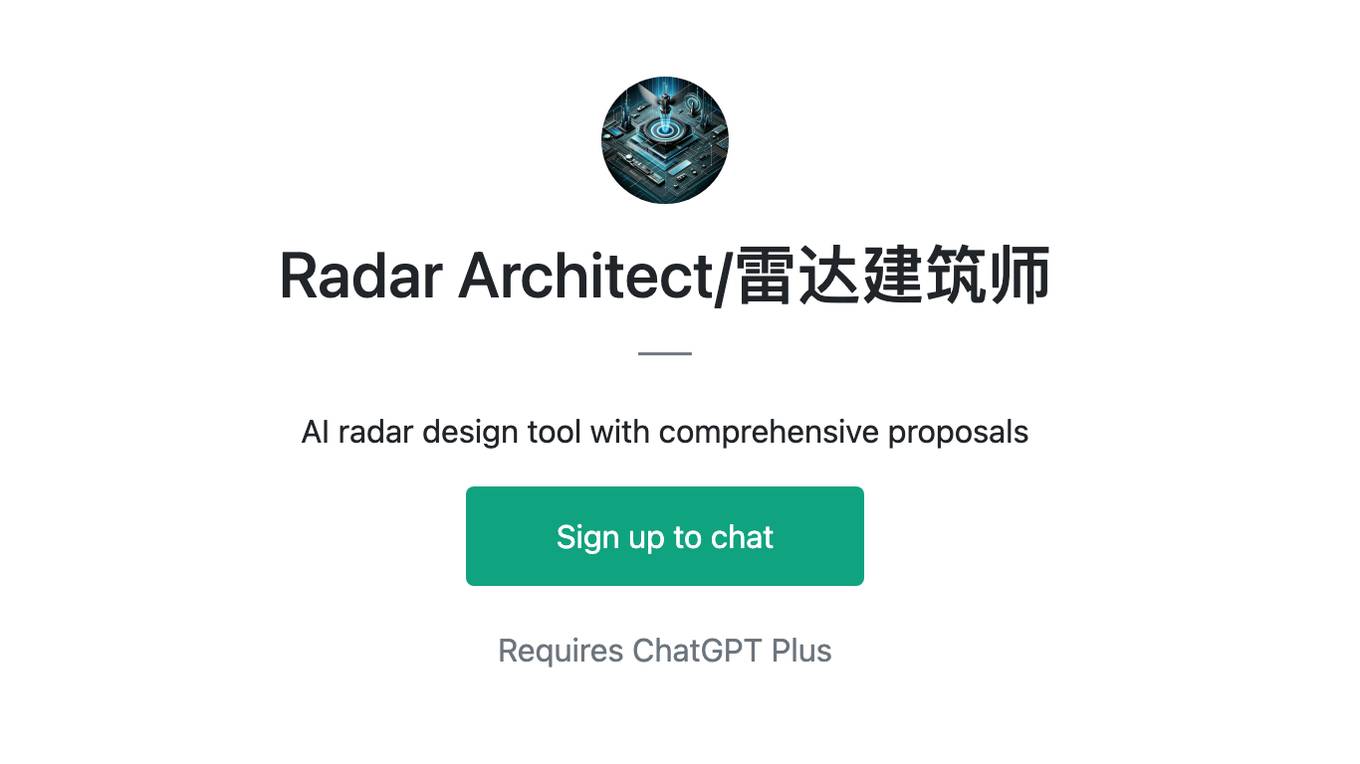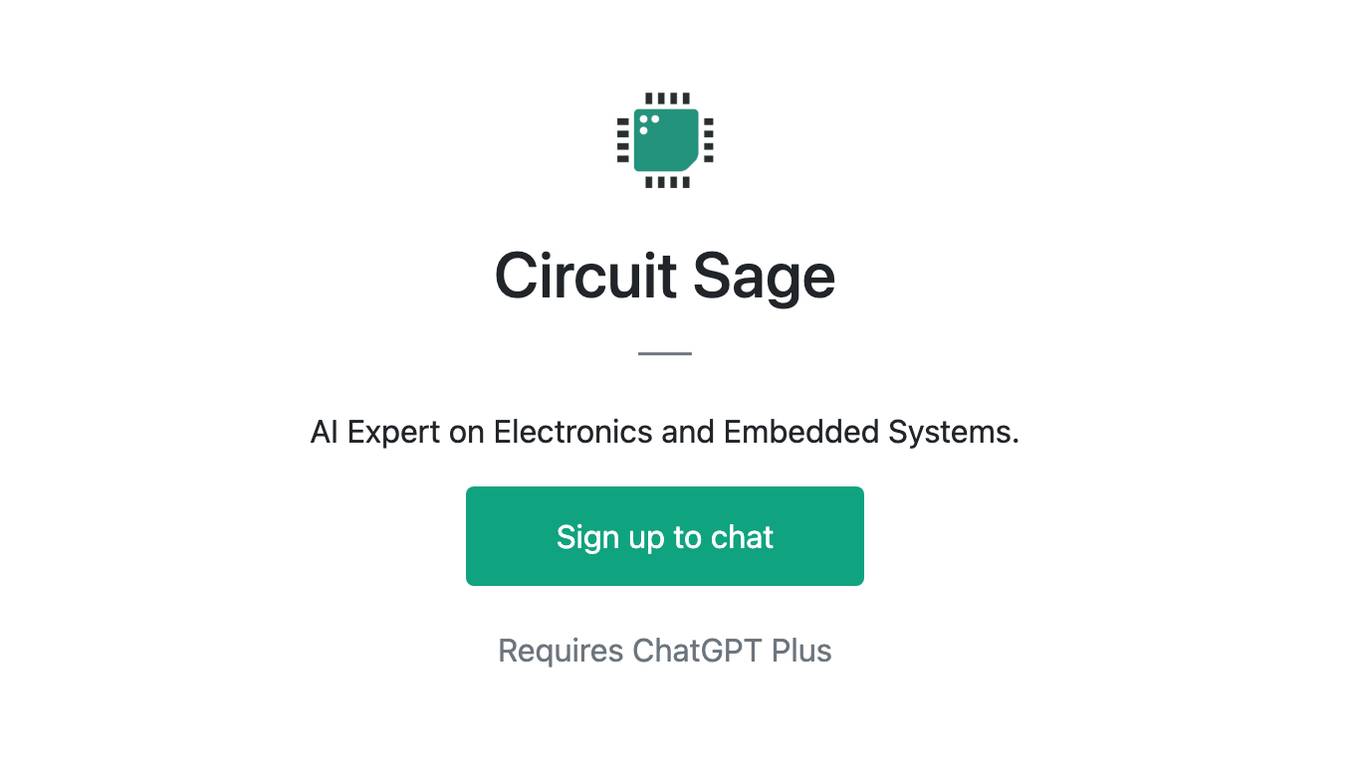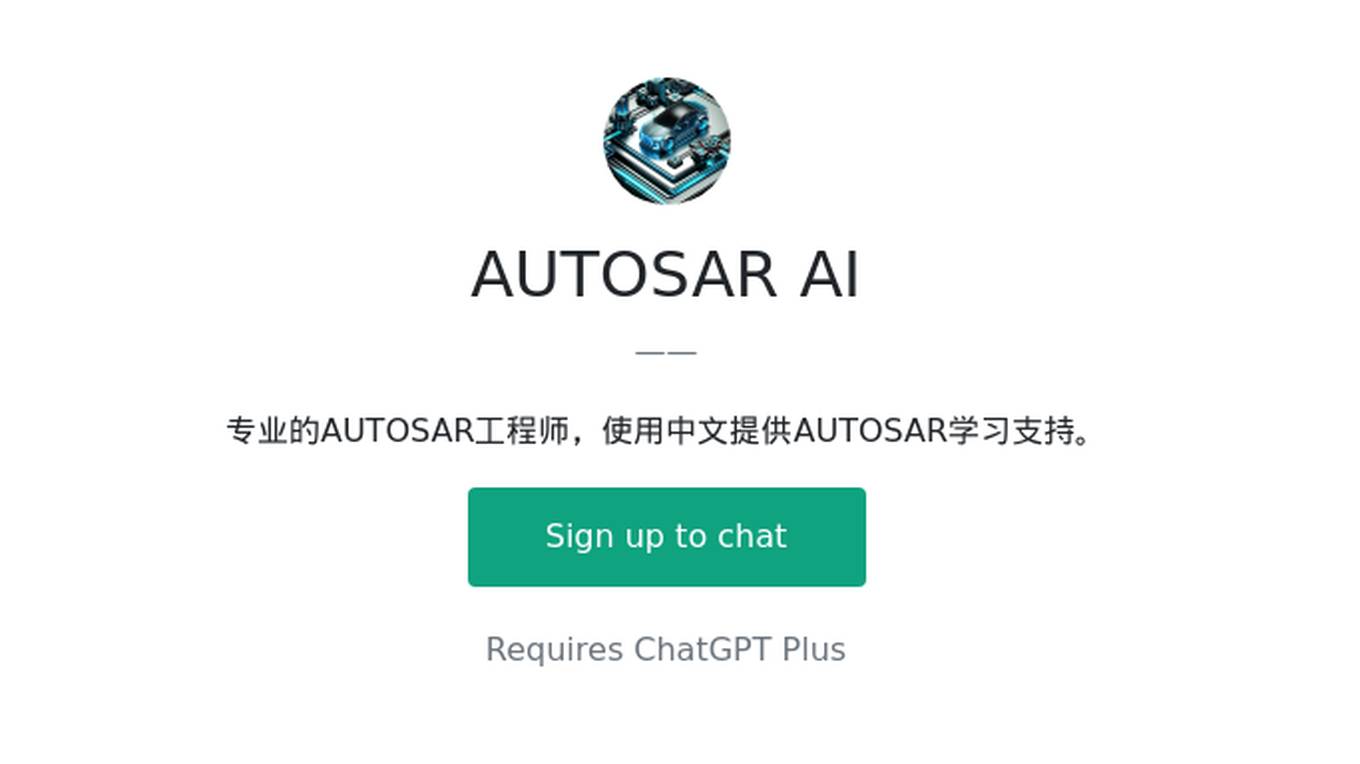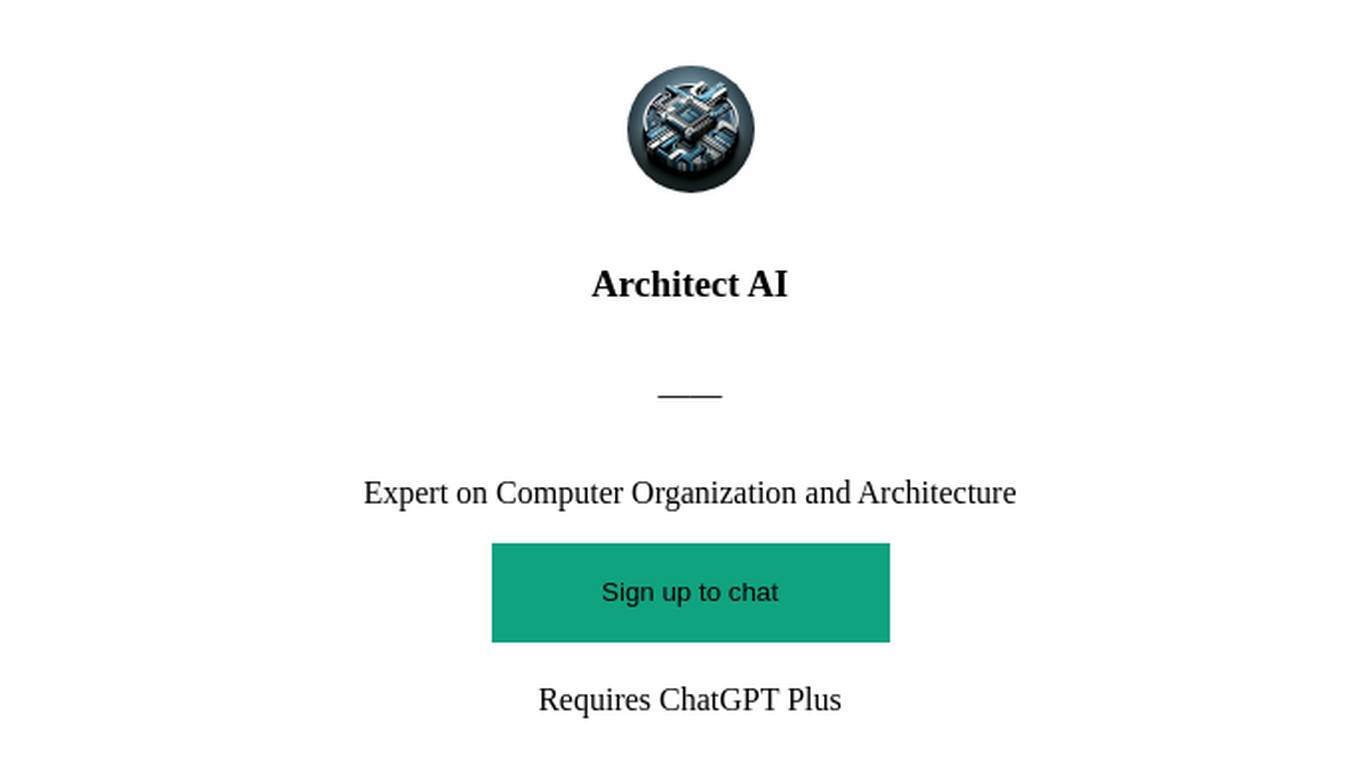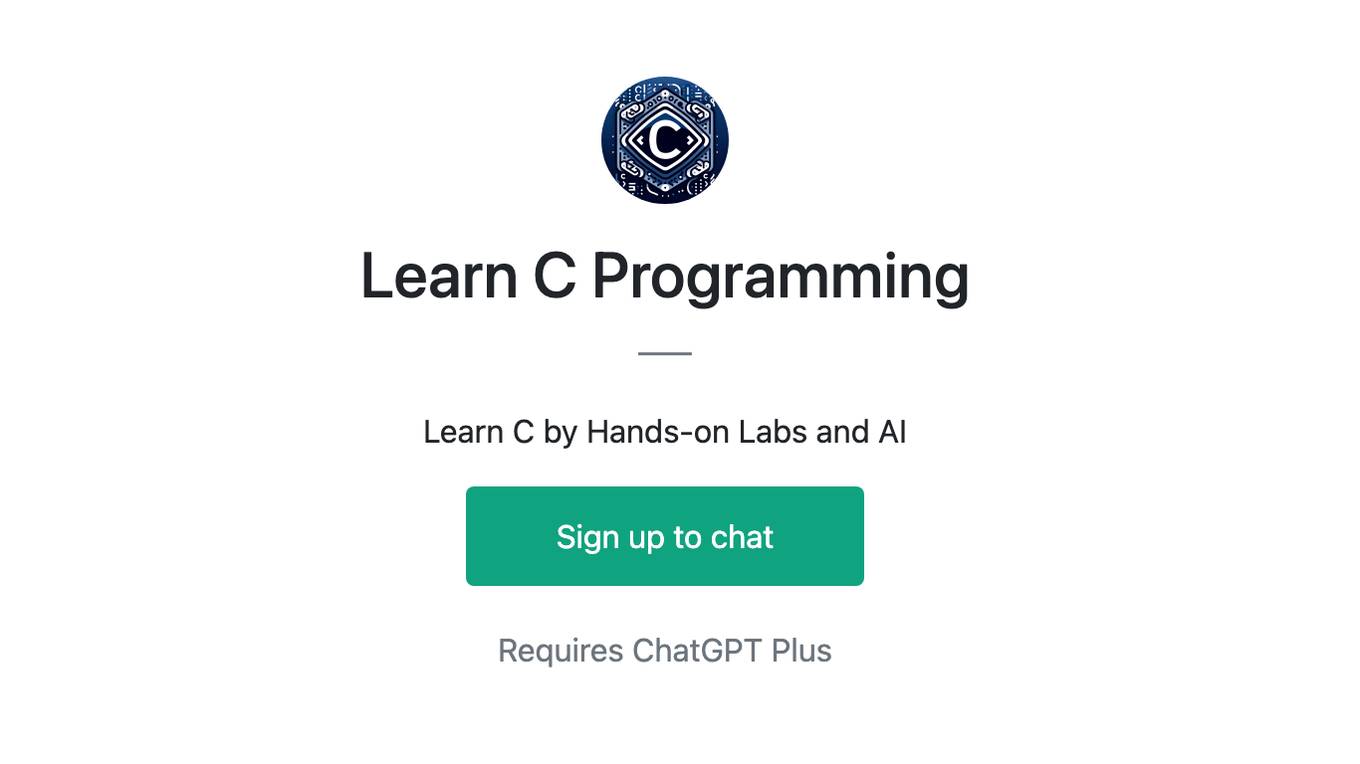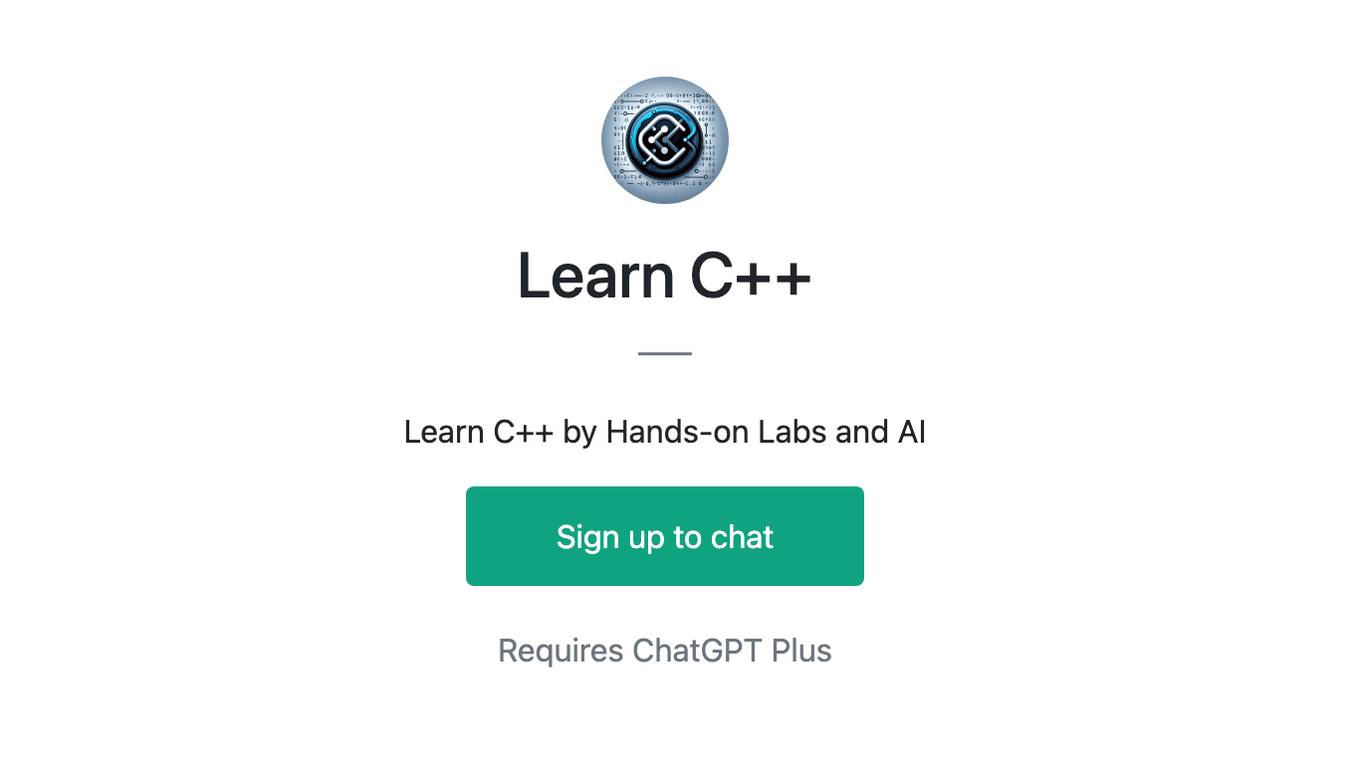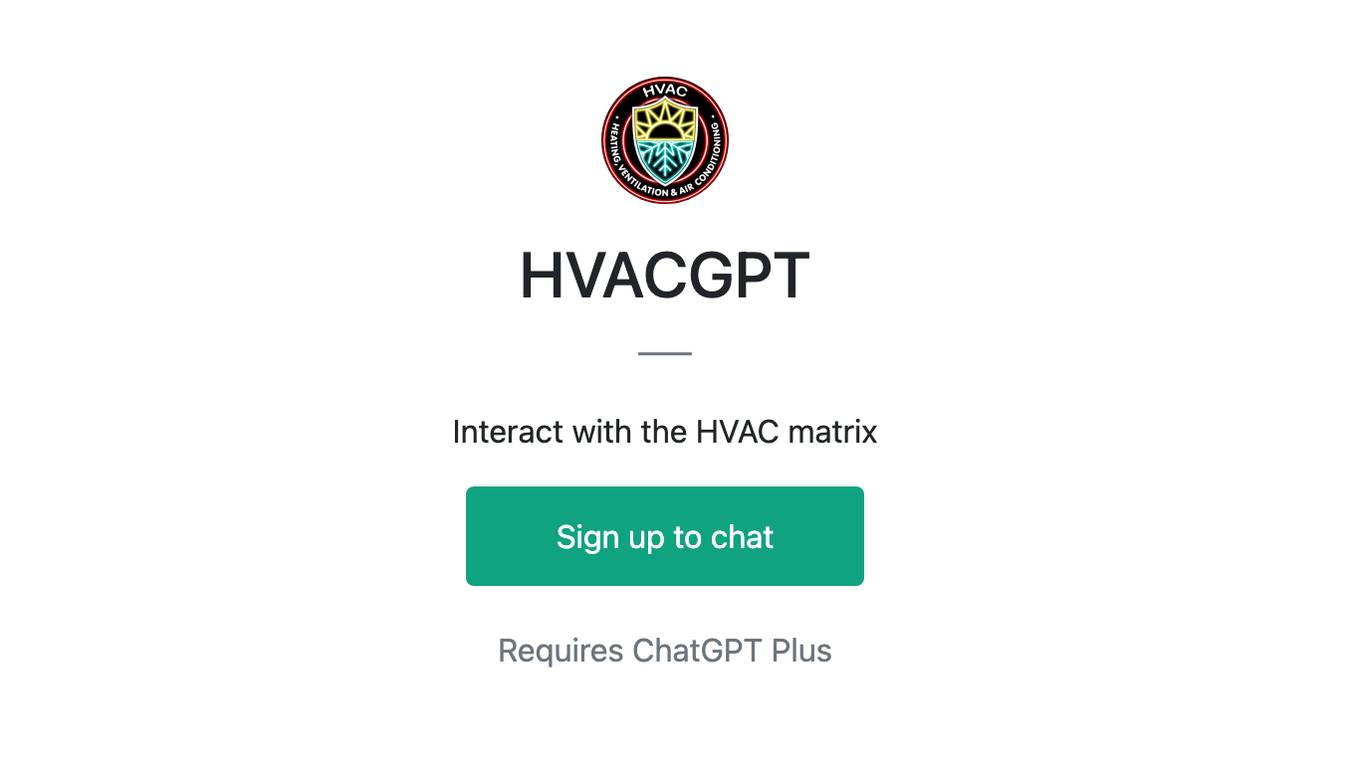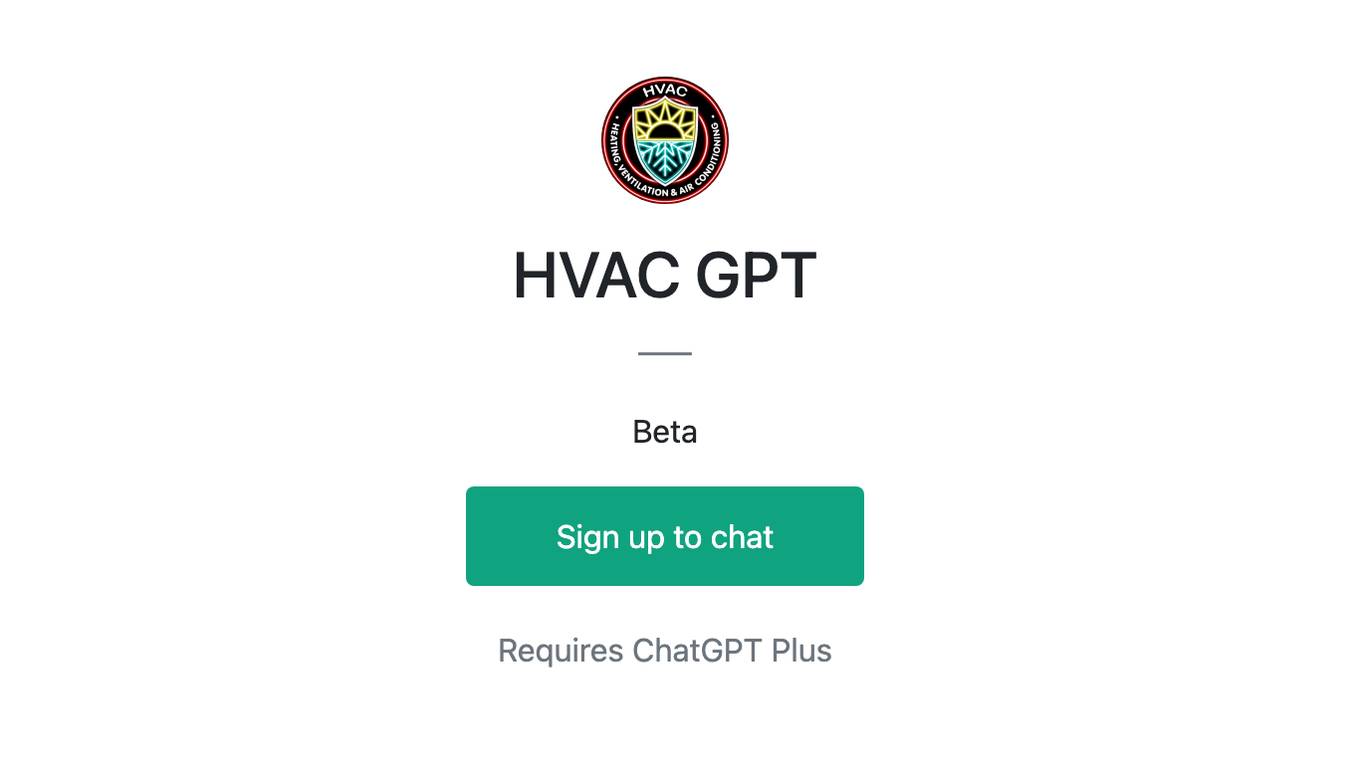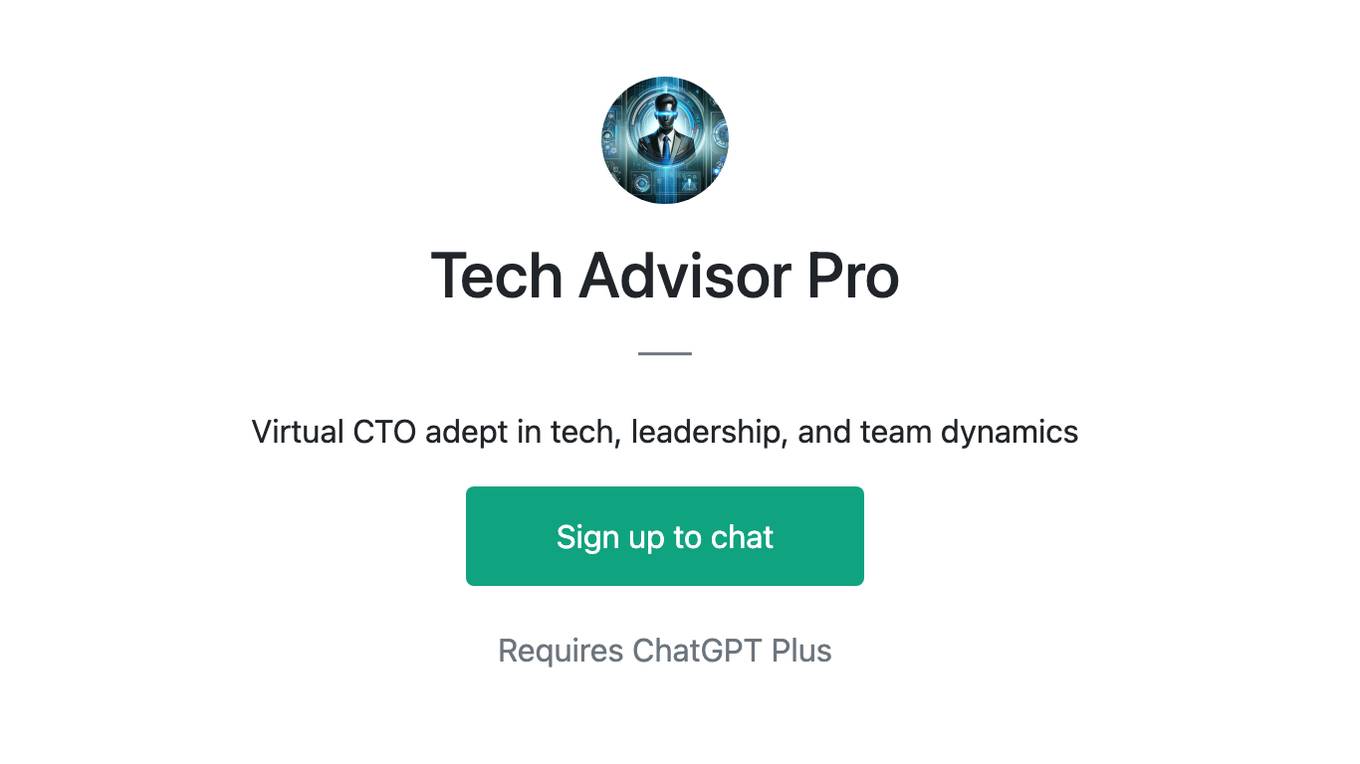Best AI tools for< Design Ai Systems >
20 - AI tool Sites
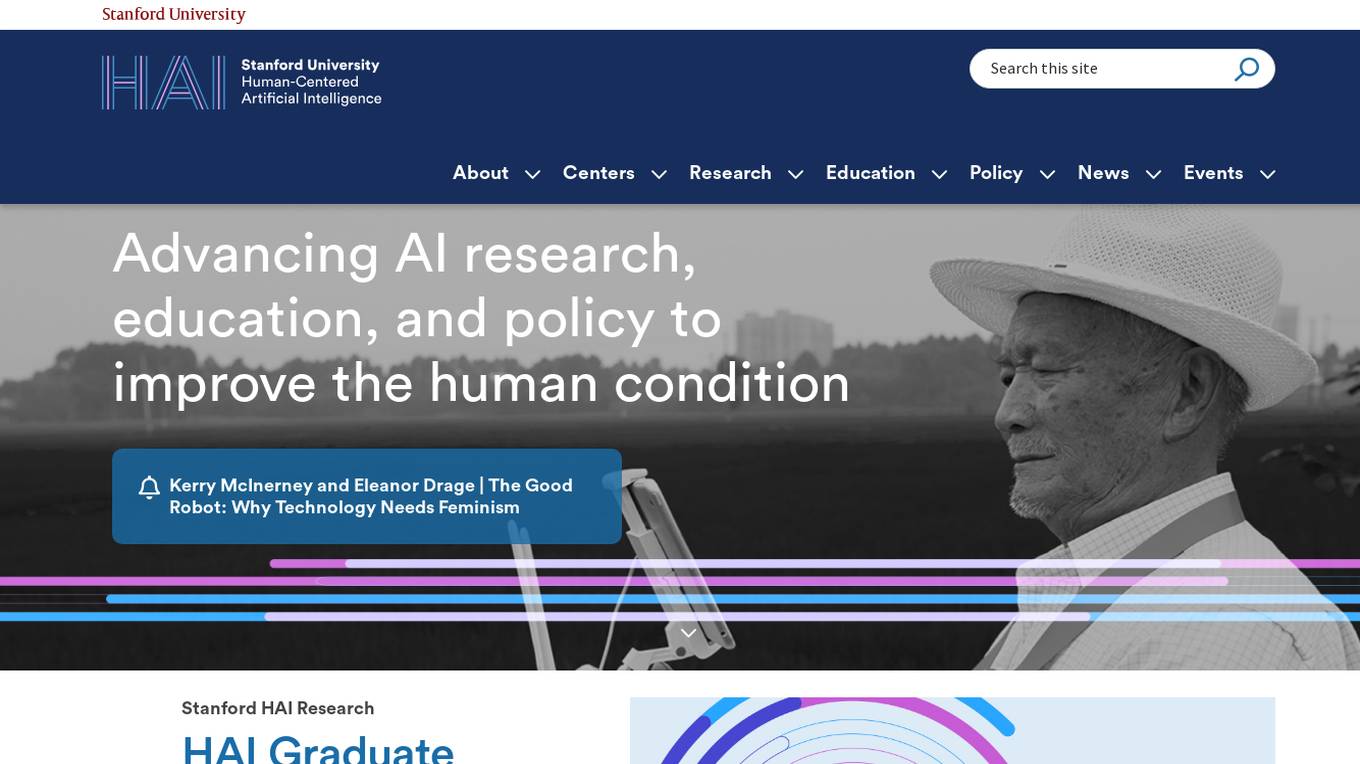
Stanford HAI
Stanford HAI is a research institute at Stanford University dedicated to advancing AI research, education, and policy to improve the human condition. The institute brings together researchers from a variety of disciplines to work on a wide range of AI-related projects, including developing new AI algorithms, studying the ethical and societal implications of AI, and creating educational programs to train the next generation of AI leaders. Stanford HAI is committed to developing human-centered AI technologies and applications that benefit all of humanity.
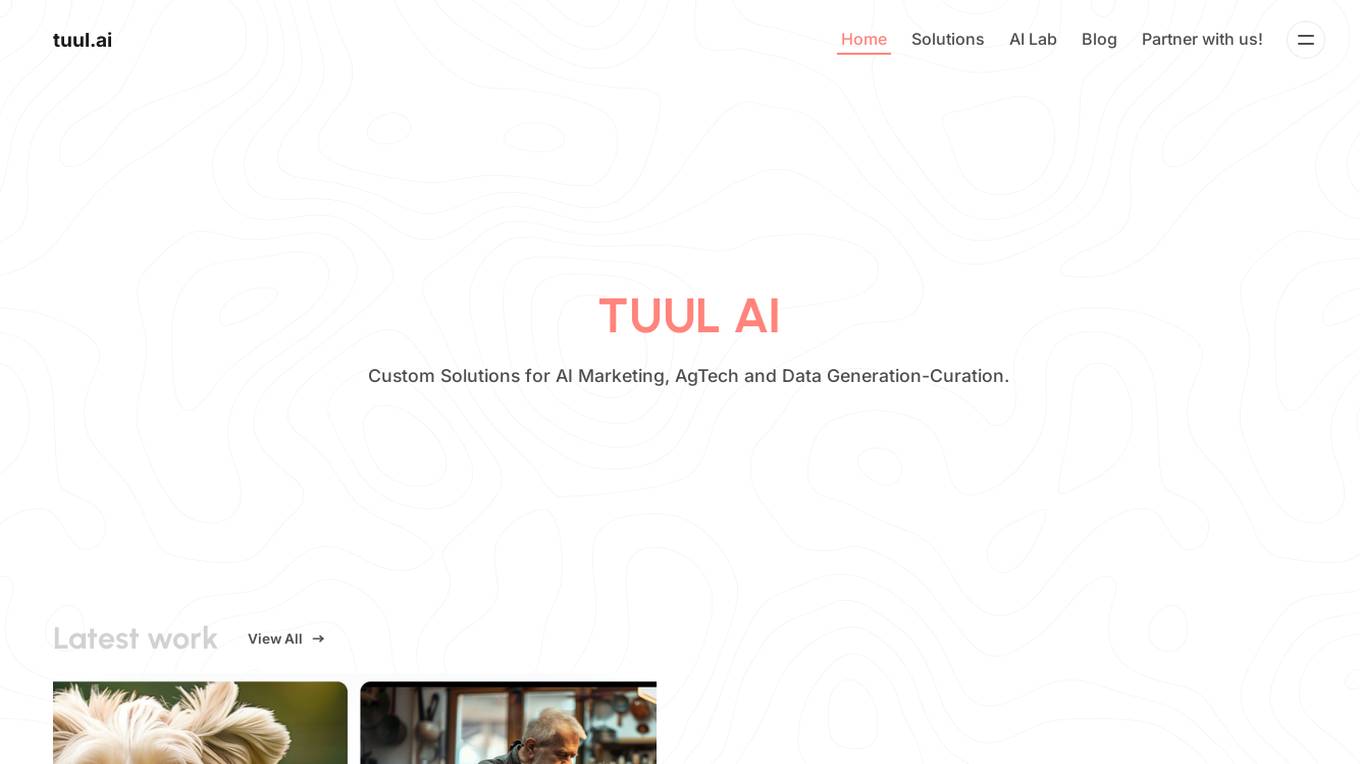
tuul.ai
tuul.ai is an AI application that specializes in providing custom solutions for AI marketing, AgTech, and data generation-curation. The platform offers innovative AI systems and services tailored to meet the specific needs of clients in various industries. From livestock biometric ID to AI veterinary platforms, tuul.ai leverages cutting-edge technology to deliver impactful solutions for businesses and individuals seeking to harness the power of artificial intelligence.
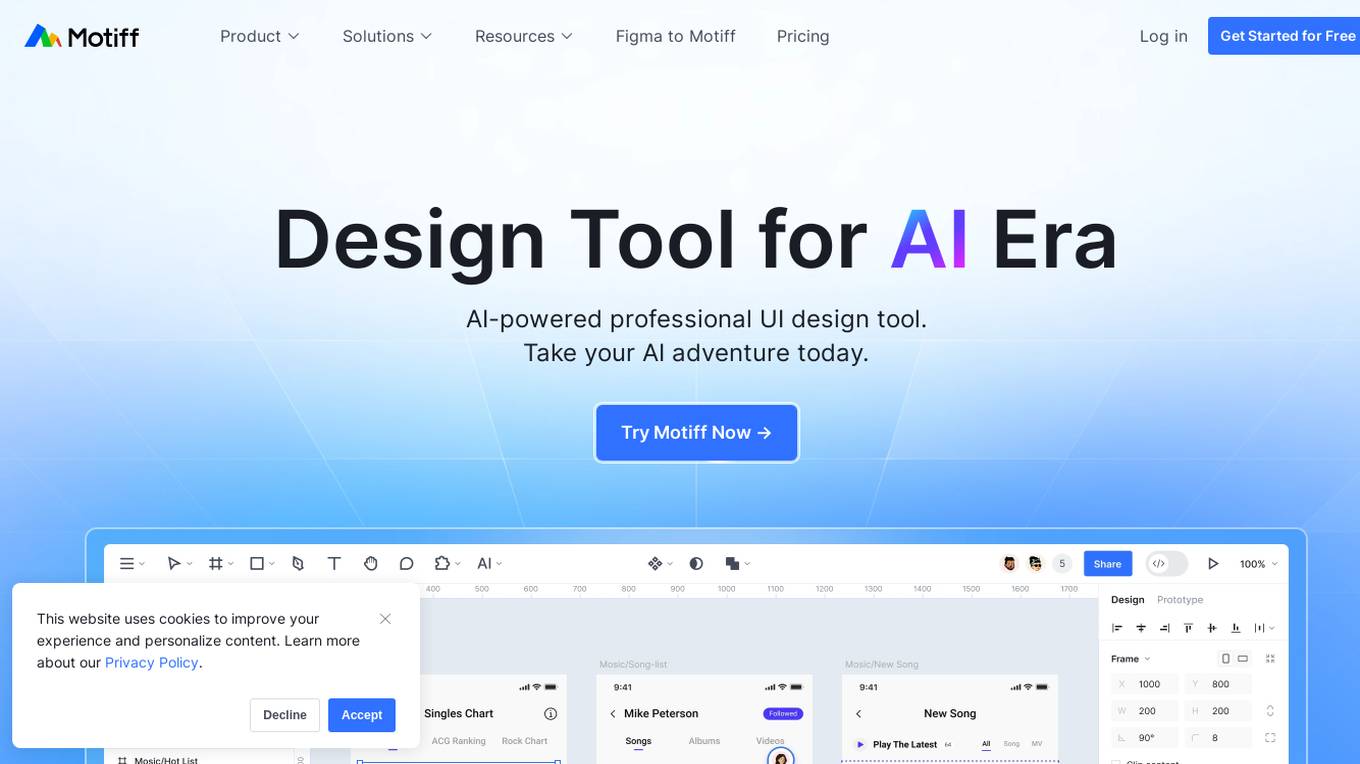
Motiff
Motiff is an AI-powered professional interface design tool that enables collaboration between human and AI to achieve 10x efficiency in UI design. It offers a comprehensive platform for designing, aligning, and building with a team, along with features like cloud collaboration, prototyping, and Dev Mode for developers. Motiff provides high-performance design tools at a cost-effective price, with a focus on smooth performance, speedy optimization, and robust stability. The application aims to push creativity to the max by starting intelligent practices and exploring the future of AI design systems.
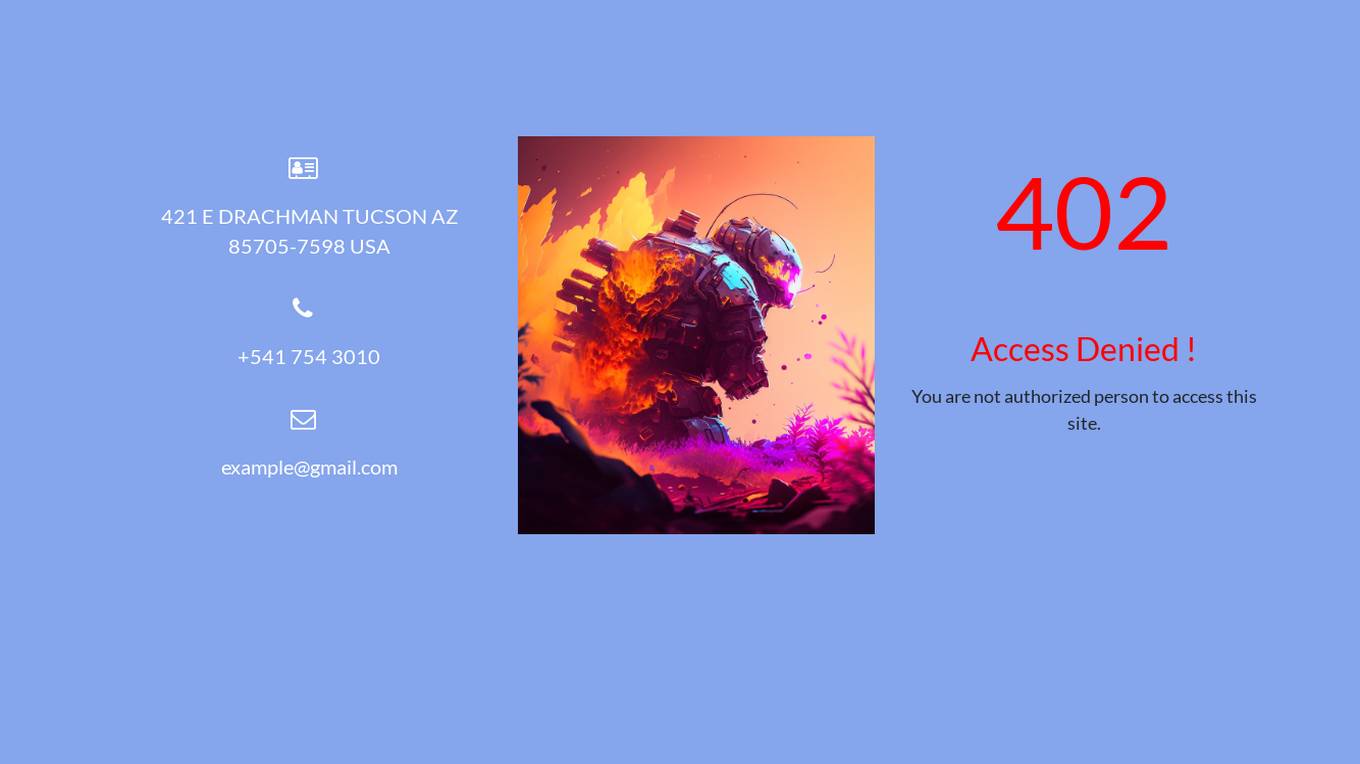
Socialdraft
Socialdraft is a platform that provides AI-powered templates and prompts for various AI systems, including ChatGPT, DALL-E, Stable Diffusion, Anthropic's Claude, and Midjourney. These templates and prompts are designed to help users create unique characters, turn pictures into text, craft chatbots, logos, or portraits, and enhance the performance of their AI models.
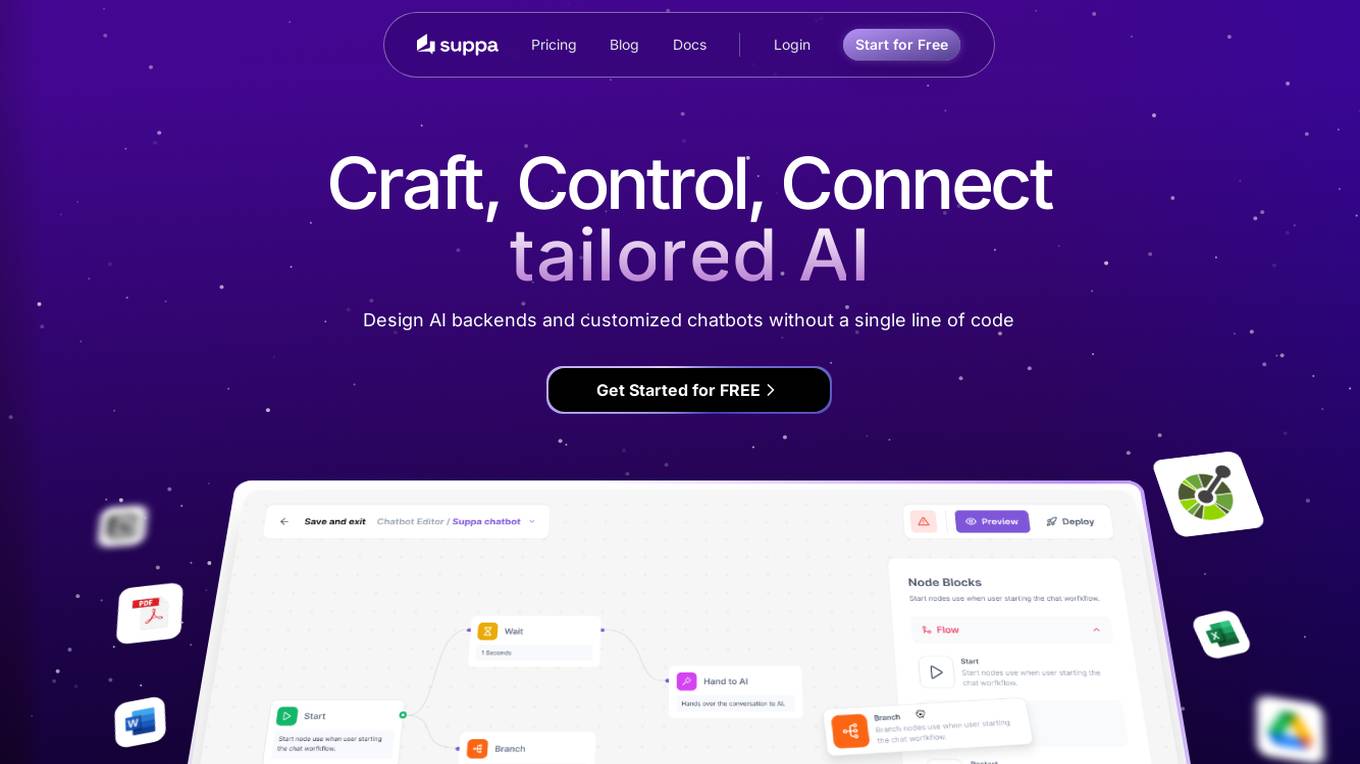
Suppa
Suppa is an AI tool that empowers businesses by providing a platform to design AI backends and customized chatbots without any coding. It allows users to integrate AI into their mobile apps easily and connect to various systems. With multi-source data capabilities and a no-code AI chatbot builder, Suppa simplifies the process of creating powerful AI solutions for businesses.
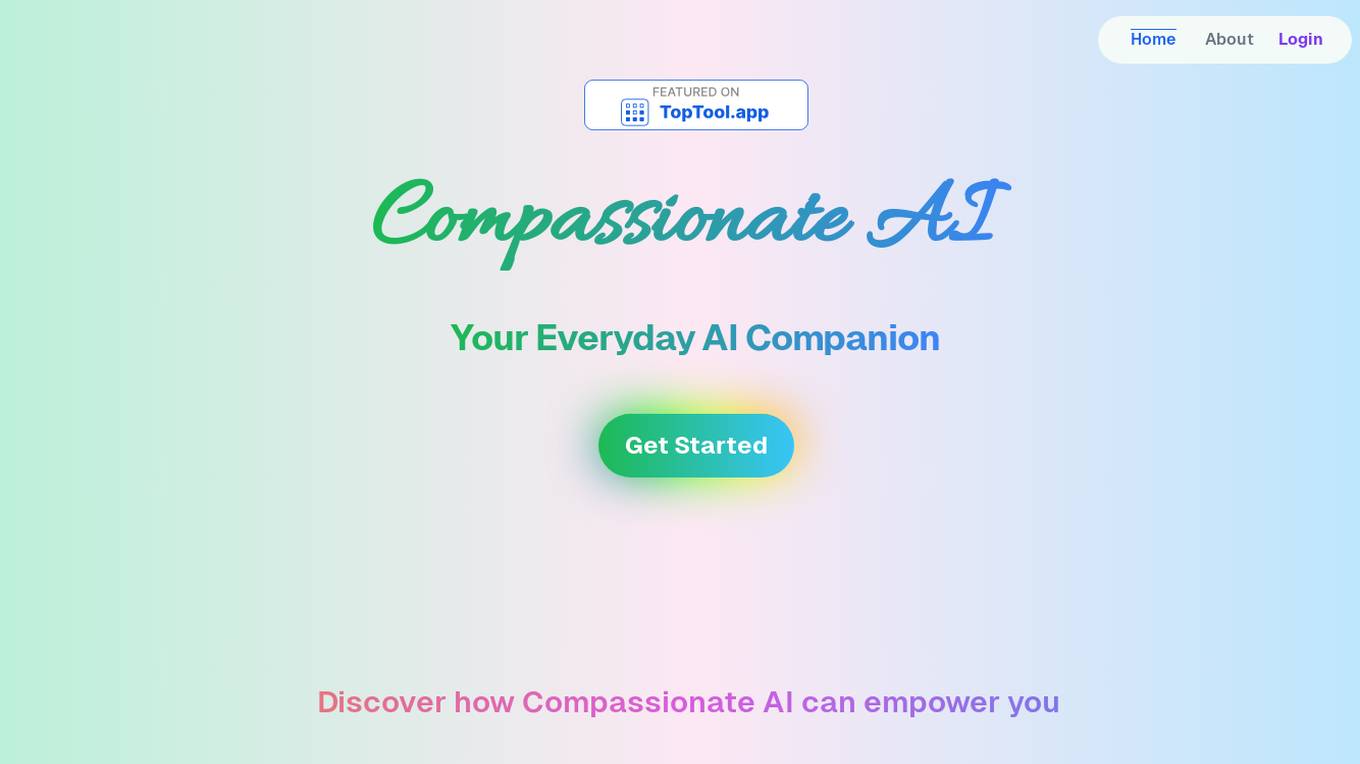
Compassionate AI
Compassionate AI is a cutting-edge AI-powered platform that empowers individuals and organizations to create and deploy AI solutions that are ethical, responsible, and aligned with human values. With Compassionate AI, users can access a comprehensive suite of tools and resources to design, develop, and implement AI systems that prioritize fairness, transparency, and accountability.
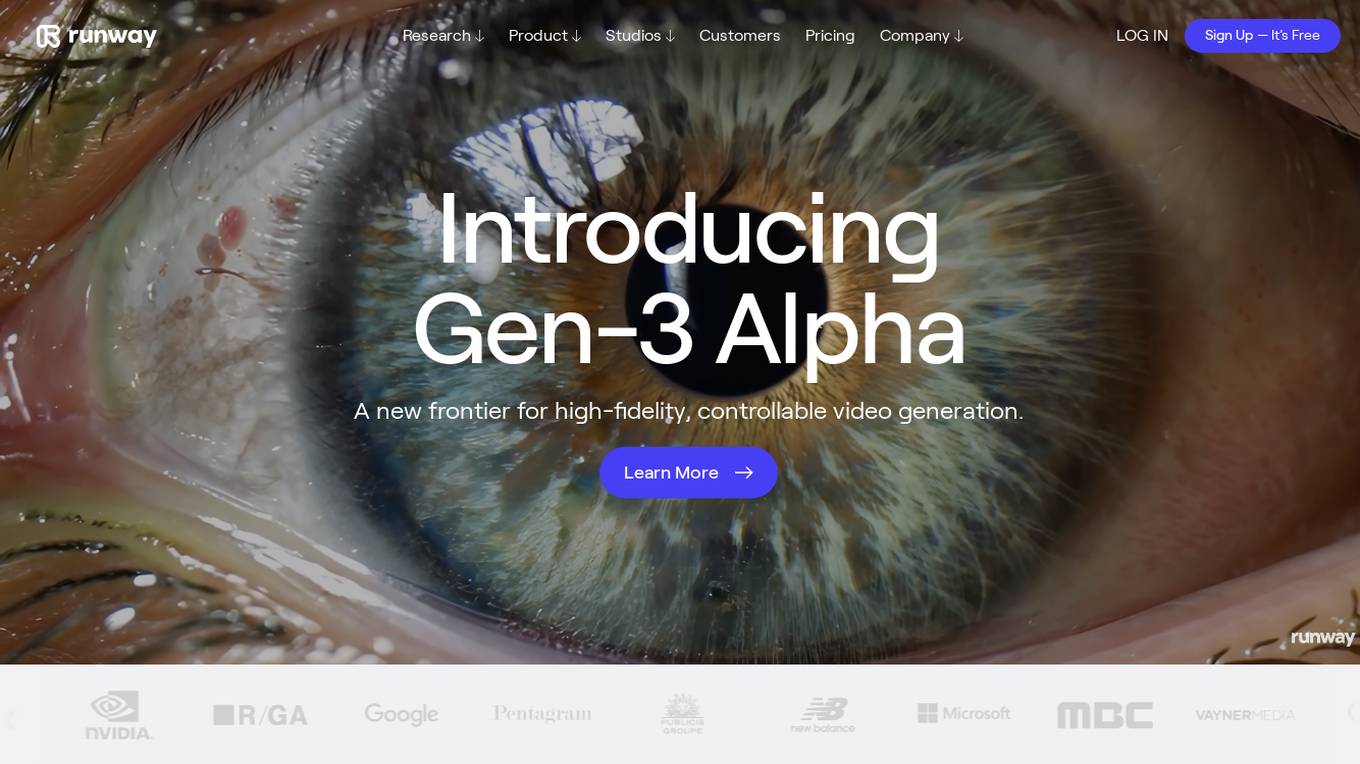
Runway
Runway is an AI tool that advances creativity by building multimodal AI systems to usher in a new era of human creativity. It offers a suite of creative tools designed to turn ideas into reality using AI models that understand and generate worlds. Runway empowers filmmakers to achieve their creative vision with AI, and it also hosts platforms and initiatives to celebrate and empower the next generation of storytellers.
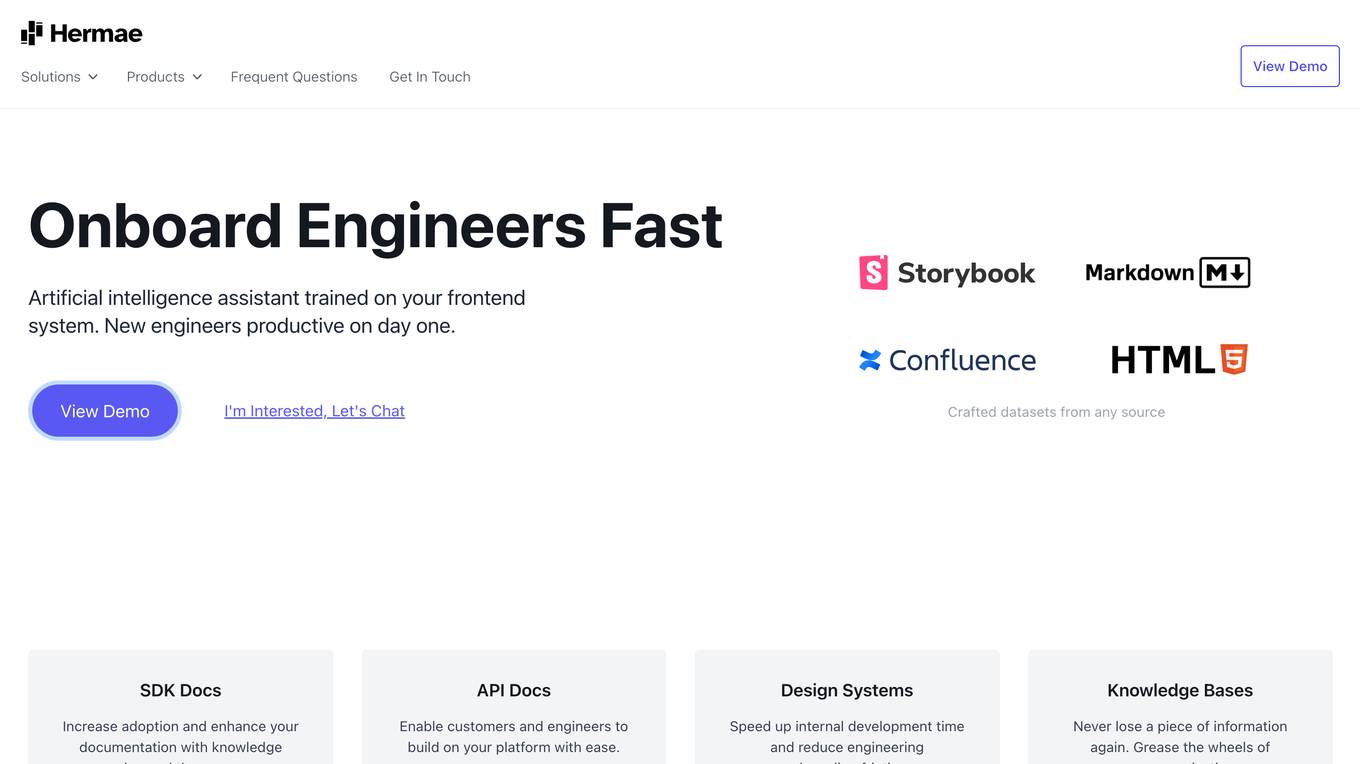
Hermae Solutions
Hermae Solutions offers an AI Assistant for Enterprise Design Systems, providing onboarding acceleration, contractor efficiency, design system adoption support, knowledge distribution, and various AI documentation and Storybook assistants. The platform enables users to train custom AI assistants, embed them into documentation sites, and communicate instantly with the knowledge base. Hermae's process simplifies efficiency improvements by gathering information sources, processing data for AI supplementation, customizing integration, and supporting integration success. The AI assistant helps reduce engineering costs and increase development efficiency across the board.
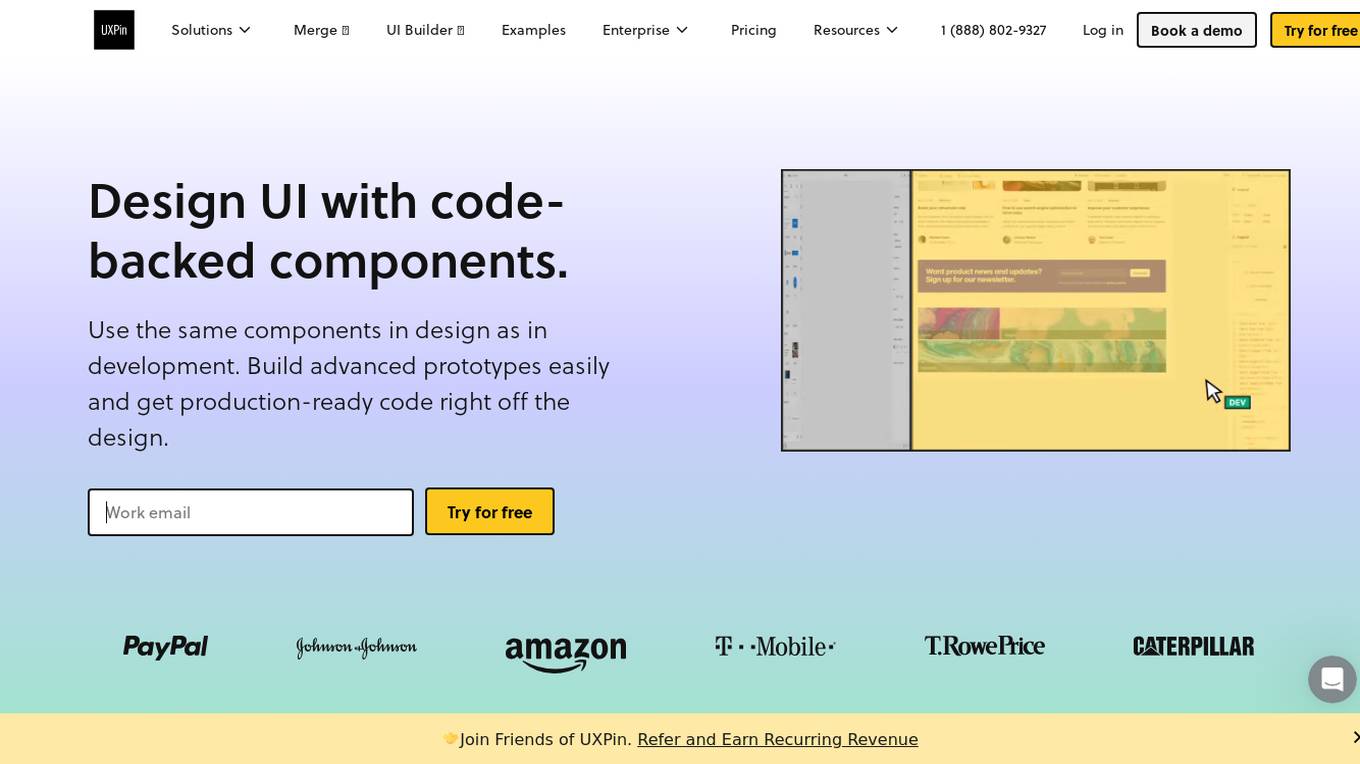
UXPin
UXPin is an AI-powered UX/UI and prototyping tool designed for designers and developers to streamline the design process. It allows users to design UI, create prototypes, manage design systems, and merge code seamlessly. With advanced features like AI-powered design, code-backed components, and integration with popular libraries, UXPin enhances collaboration between designers and developers, resulting in faster product development cycles and improved design consistency.
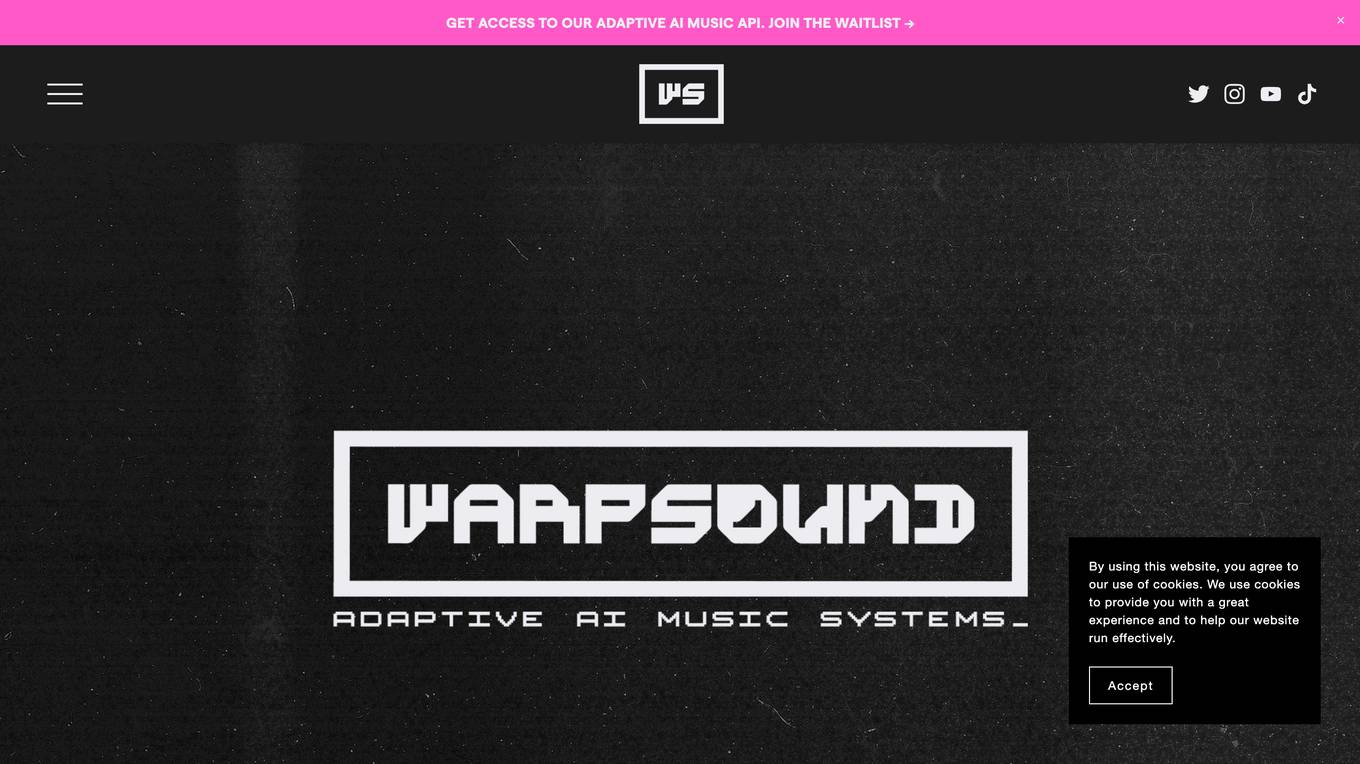
WarpSound
WarpSound is an AI music platform that uses cutting-edge generative AI technologies to create new forms of limitless music play and creativity. Its industry-leading music platform was developed in collaboration with Grammy-winning artists and uses a proprietary training dataset to produce original music in real time. It powers interactive music experiences and content for streaming, gaming, and more.
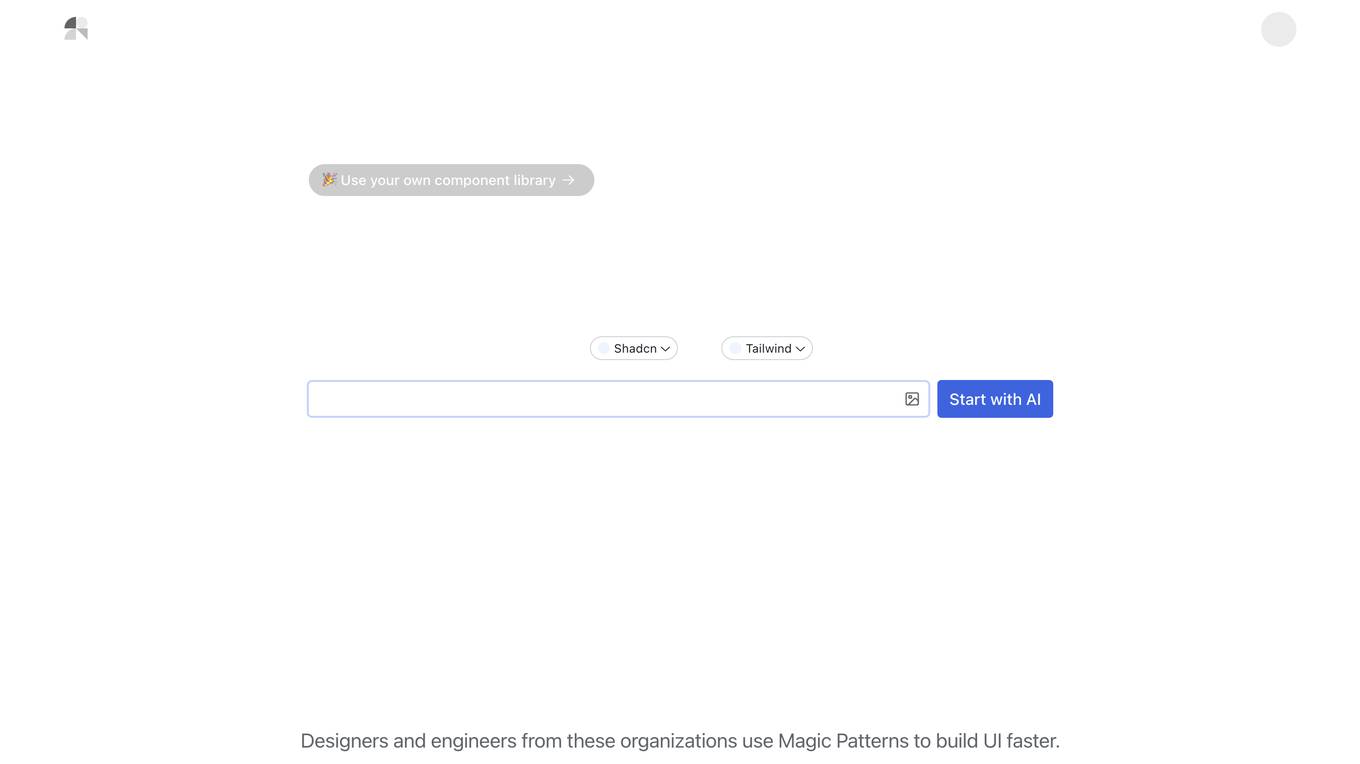
Magic Patterns
Magic Patterns is an AI prototype generator designed for product teams to streamline the process of creating prototypes. It allows users to go from idea to production quickly, gather user feedback, and explore new ideas efficiently. The tool generates UI designs that match existing products, enables rapid prototyping, and supports team collaboration. Magic Patterns is trusted by product teams and offers enterprise-ready solutions for secure and compliant prototyping.
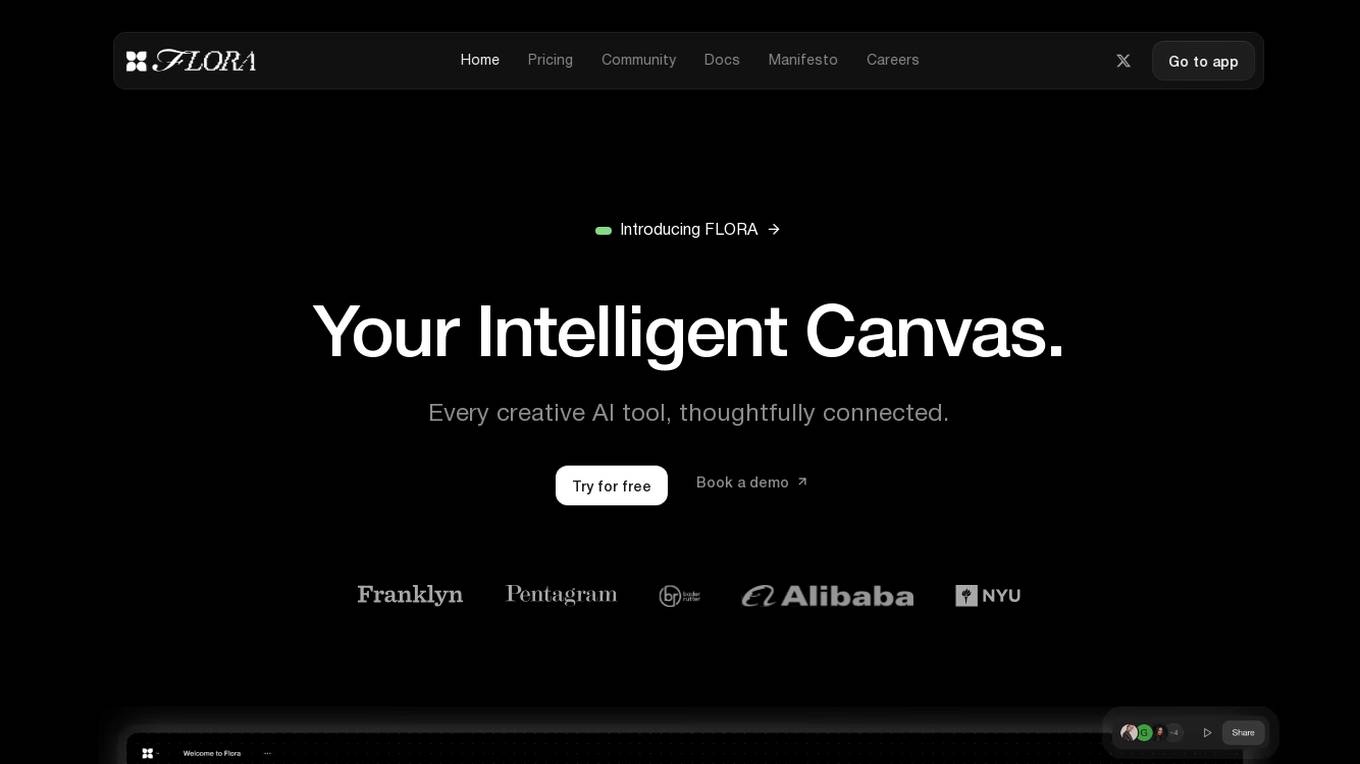
FLORA
FLORA is an intelligent canvas that serves as a creative AI tool, connecting various AI applications to help users ideate, iterate, and bring their ideas to life. It allows real-time collaboration among team members using favorite AI tools, offering a platform to explore different workflows. FLORA simplifies AI complexities by curating the best text, image, and video models, empowering users to unleash their creativity on a new canvas.
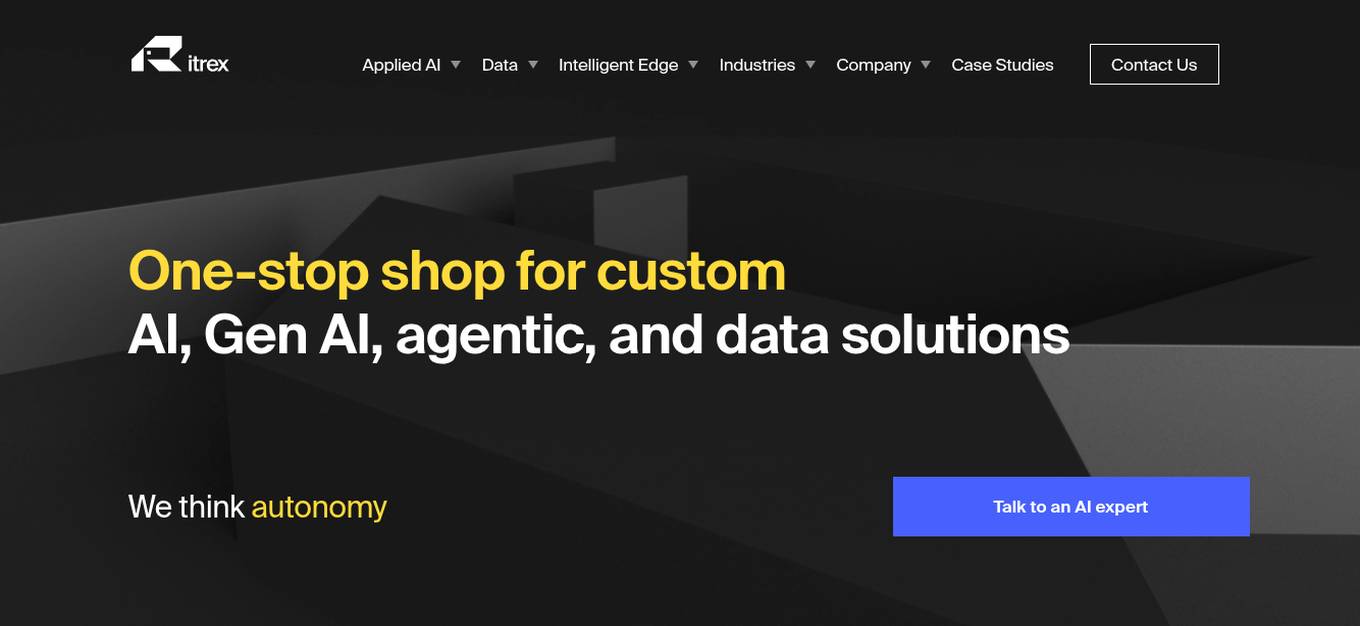
ITRex
ITRex is an AI tool that specializes in Gen AI, Data, and Agentic System Development. The company offers a wide range of services including AI strategy consulting, AI product discovery, AI design and development, data consulting, IoT solutions, and more. ITRex focuses on providing end-to-end AI solutions tailored to meet the specific needs of each client, from strategy to deployment. The company's expertise spans across various industries such as healthcare, logistics, manufacturing, and retail, delivering innovative and customized AI solutions to drive business growth and efficiency.
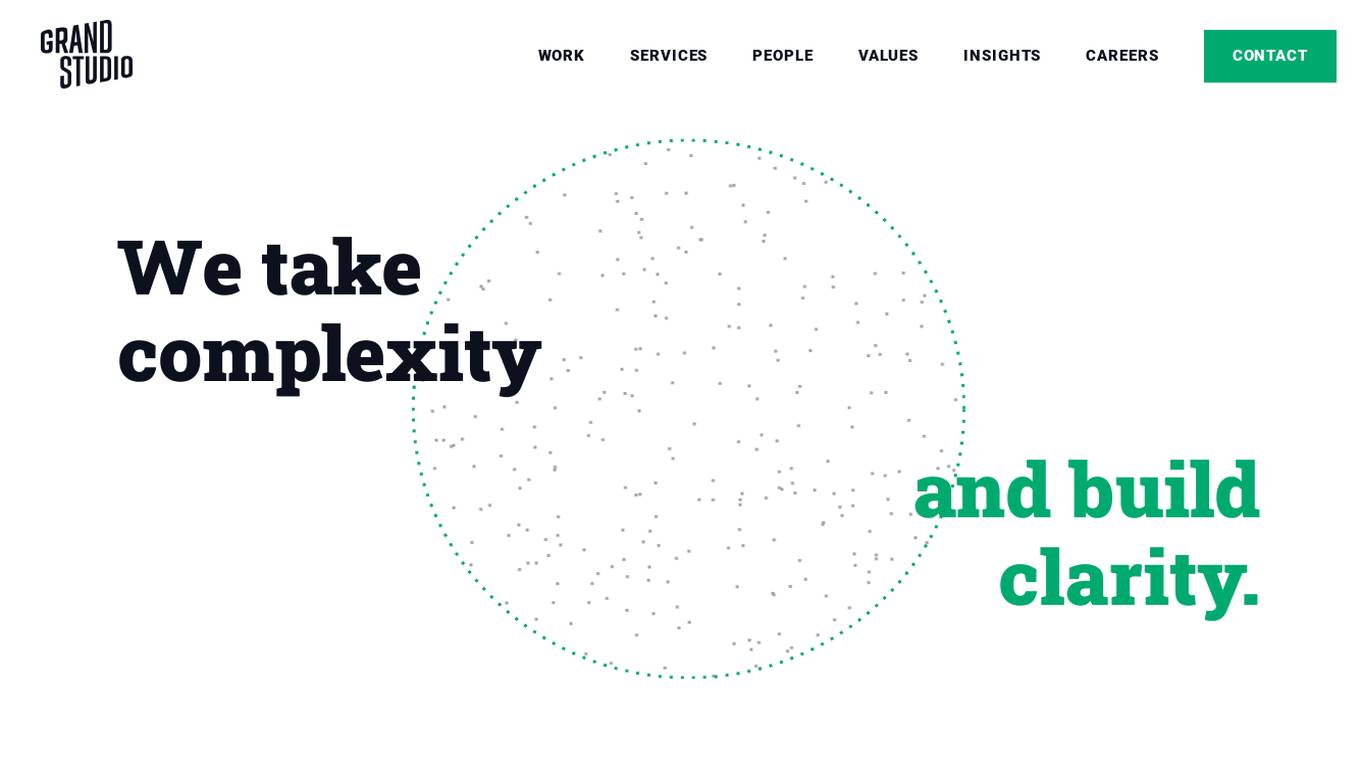
Grand Studio
Grand Studio is an AI design studio that specializes in UX design, digital products, strategy, and research. They use design thinking to tackle complex challenges and create innovative solutions for their partners. Their services include service design, qualitative research, product design and strategy, UX/UI design, and conversation design. Grand Studio aims to turn complexity into clarity by designing products, systems, and services that help users succeed. They work with a variety of partners across different industries to bring unique visions to life.
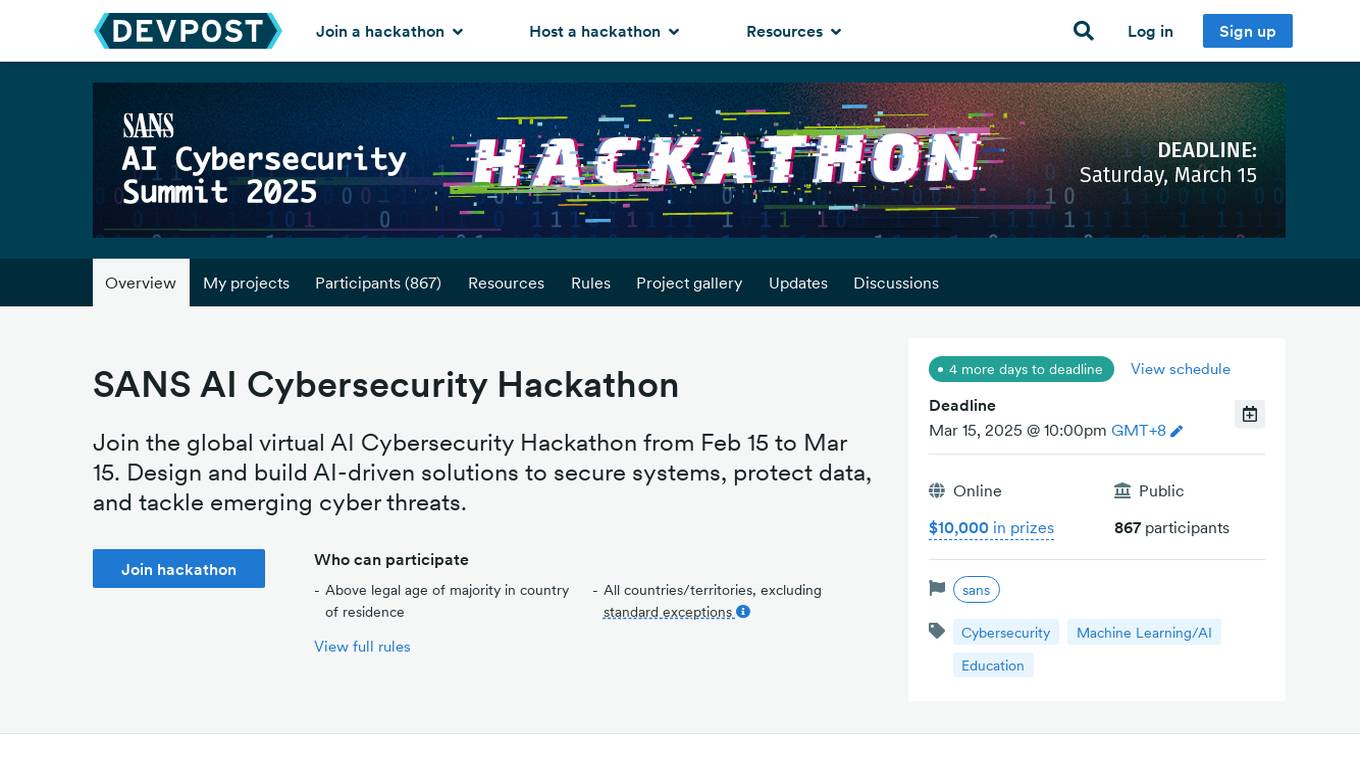
SANS AI Cybersecurity Hackathon
SANS AI Cybersecurity Hackathon is a global virtual competition that challenges participants to design and build AI-driven solutions to secure systems, protect data, and counter emerging cyber threats. The hackathon offers a platform for cybersecurity professionals and students to showcase their creativity and technical expertise, connect with a global community, and make a real-world impact through AI innovation. Participants are required to create open-source solutions addressing pressing cybersecurity challenges by integrating AI, with a focus on areas like threat detection, incident response, vulnerability scanning, security dashboards, digital forensics, and more.
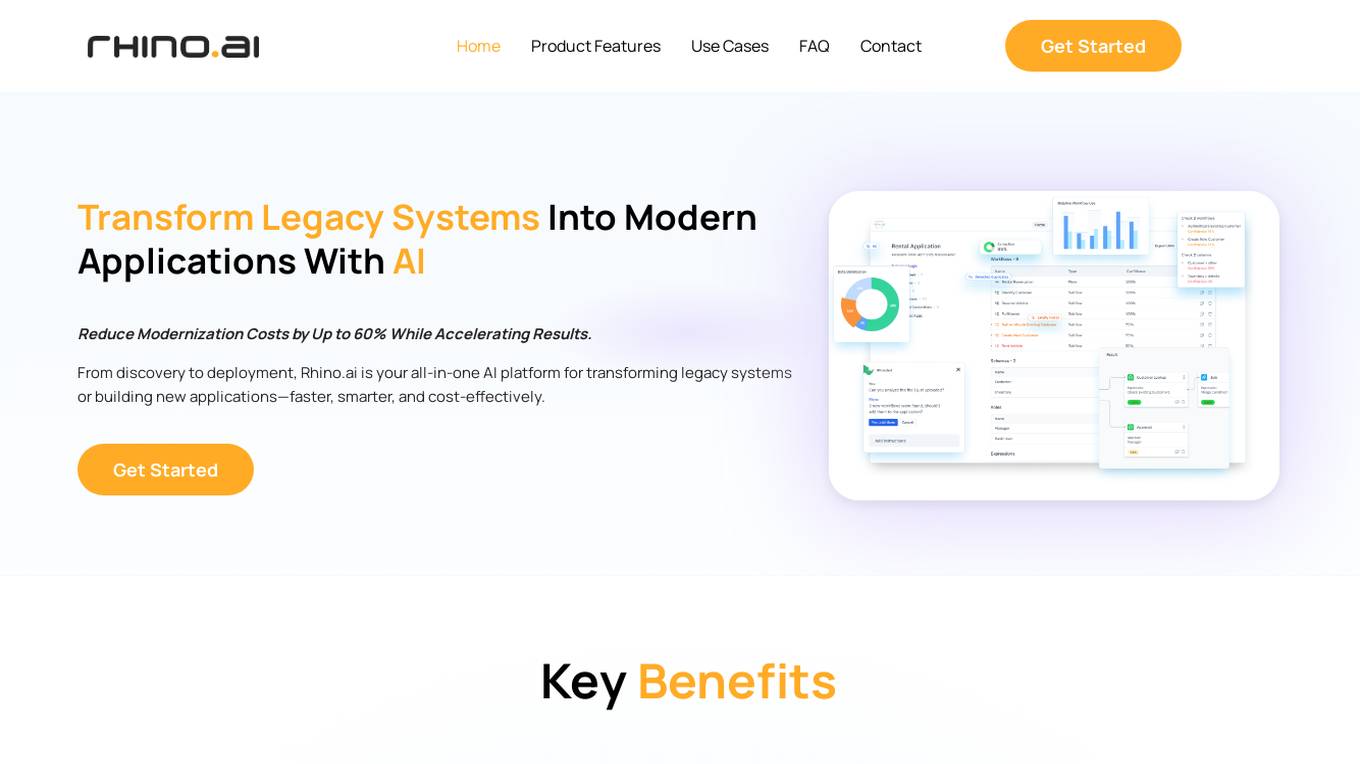
Rhino.ai
Rhino.ai is a SaaS application company that offers an all-in-one AI platform for transforming legacy systems or building new applications. The platform helps organizations execute large transformations, accelerate legacy migrations, re-engineer applications, and develop applications faster with AI-driven modeling and automation. Rhino.ai empowers businesses to modernize their systems, reduce technical debt, avoid vendor lock-in, and gain leverage in product licensing negotiations. The platform provides a unified solution for discovery, design, coding, and deployment, enabling faster decision-making and streamlined modernization processes.
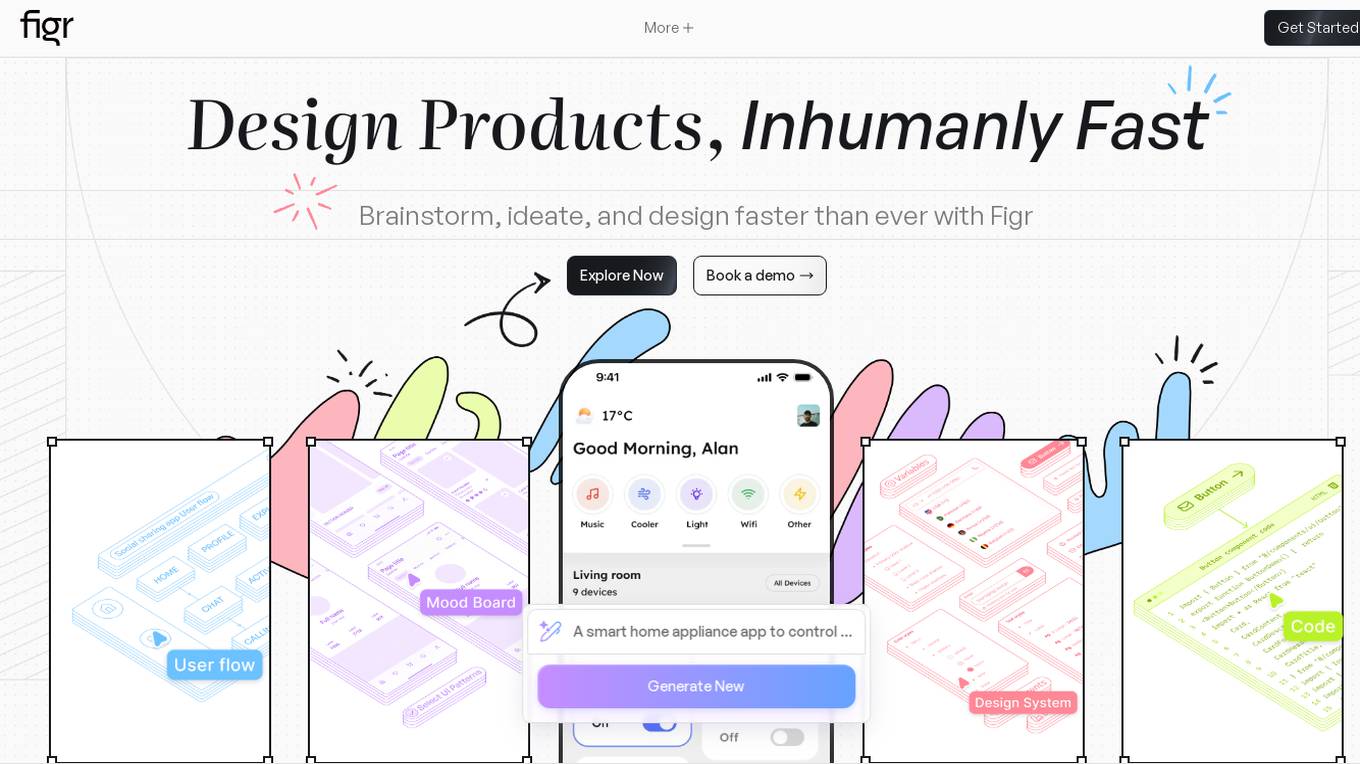
Figr
Figr is an AI-driven platform that specializes in UI design and workflow optimization. It leverages artificial intelligence to streamline the design process, making it more efficient and user-friendly. With Figr, users can create stunning user interfaces with ease, thanks to its intuitive tools and smart suggestions. The platform caters to both beginners and experienced designers, offering a range of features to enhance productivity and creativity. Figr aims to revolutionize the way UI design is approached by integrating AI technology seamlessly into the workflow.
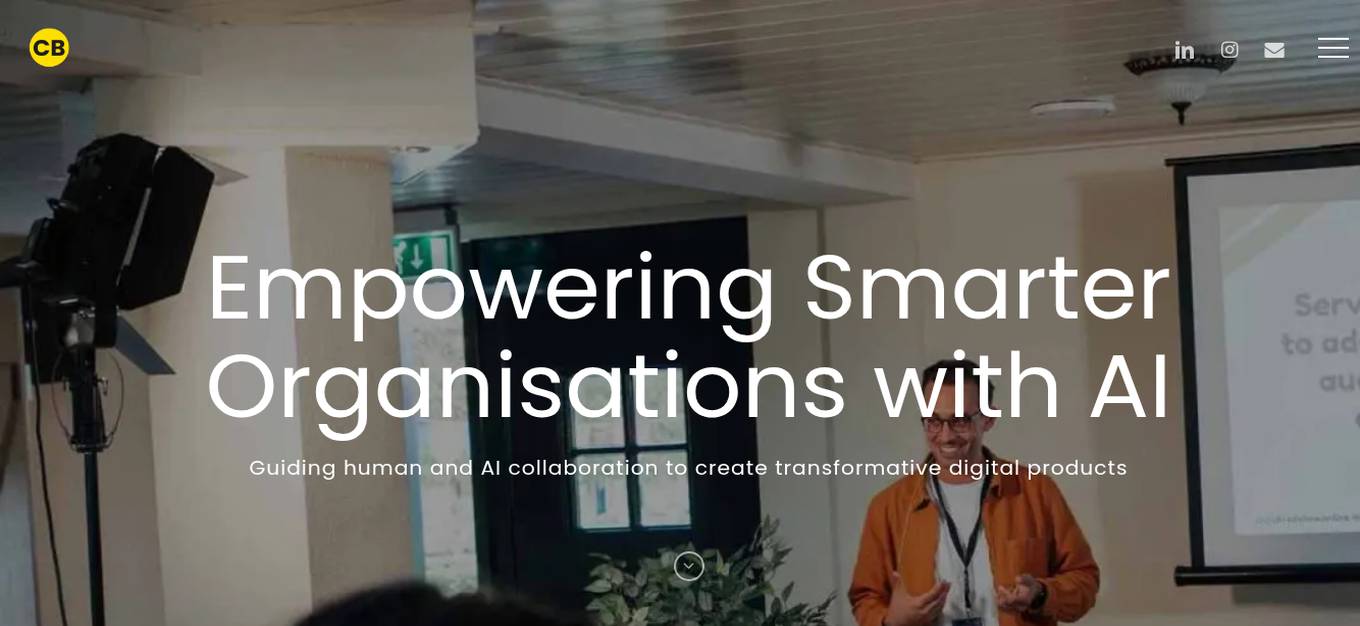
Chris Bradshaw
Chris Bradshaw is a platform that empowers smarter organizations with AI by guiding human and AI collaboration to create transformative digital products. The website offers services to guide individuals, teams, companies, and R&D labs through the ideation process, combining human wisdom with AI capabilities to drive innovation and transformation. It focuses on applying collective intelligence to design and implement AI-driven strategies, create dynamic workshops, build cutting-edge digital products, master data, and deploy transformative AI solutions. The platform also provides resources such as newsletters, team collaboration strategies, AI security and governance webinars, and insights on product development, AI innovation, and organizational transformation.
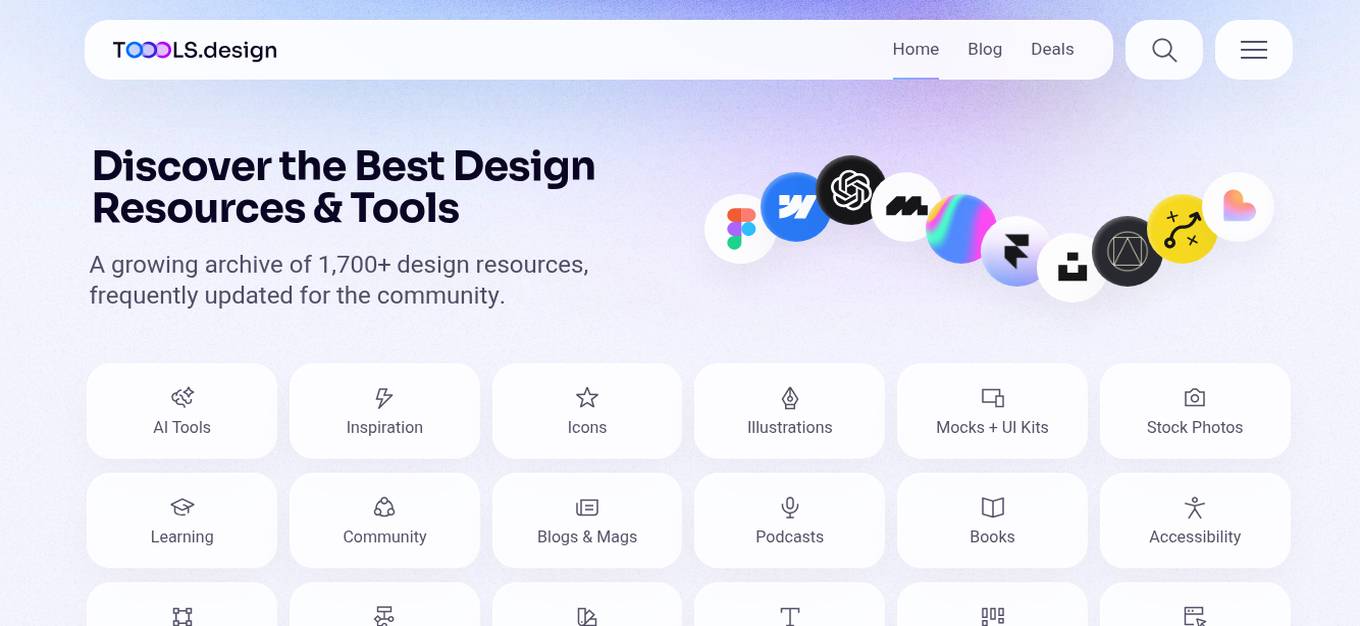
Toools.design
Toools.design is an archive of over 1,700 design resources including AI tools, inspiration, icons, illustrations, and more. It offers a platform for creative professionals to discover and access a wide range of design tools and resources to enhance their projects. The website is a valuable resource for designers, developers, and anyone involved in the creative industry, providing a curated collection of tools to streamline design workflows and boost productivity.
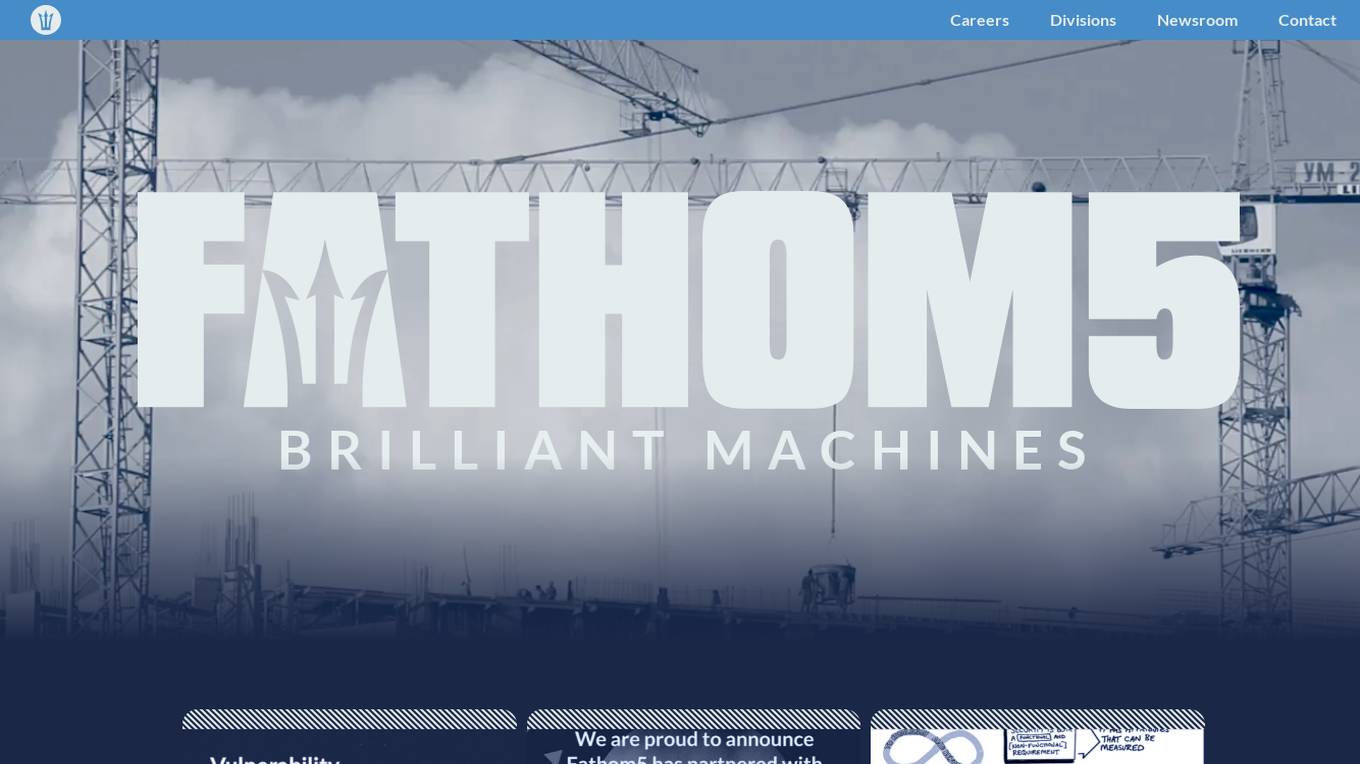
Fathom5
Fathom5 is a company that specializes in the intersection of AI and industrial systems. They offer a range of products and services to help customers build more resilient, flexible, and efficient industrial systems. Fathom5's approach is unique in that they take a security-first approach to cyber-physical system design. This means that security is built into every stage of the development process, from ideation to engineering to testing to deployment. This approach has been proven to achieve higher system resiliency and faster regulatory compliance at a reduced cost.
3 - Open Source AI Tools
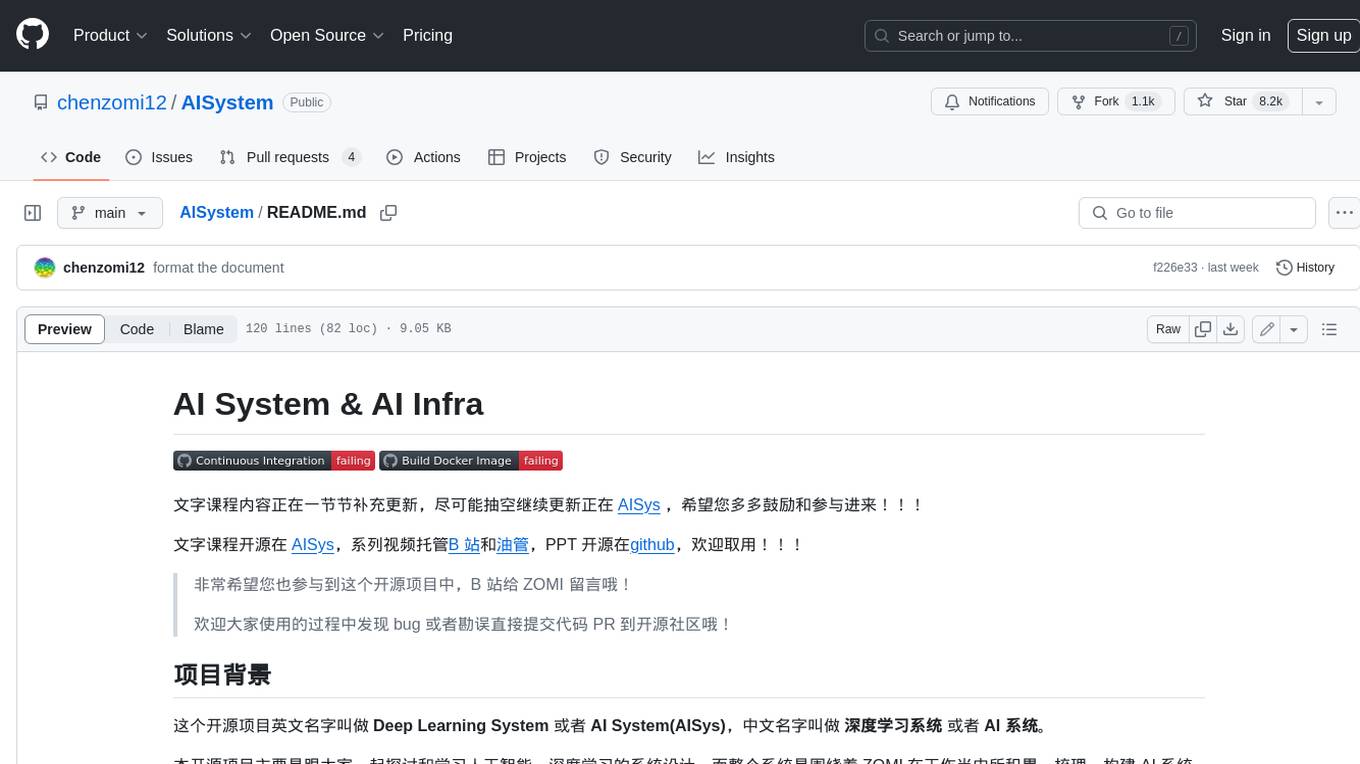
AISystem
This open-source project, also known as **Deep Learning System** or **AI System (AISys)**, aims to explore and learn about the system design of artificial intelligence and deep learning. The project is centered around the full-stack content of AI systems that ZOMI has accumulated,整理, and built during his work. The goal is to collaborate with all friends who are interested in AI open-source projects to jointly promote learning and discussion.
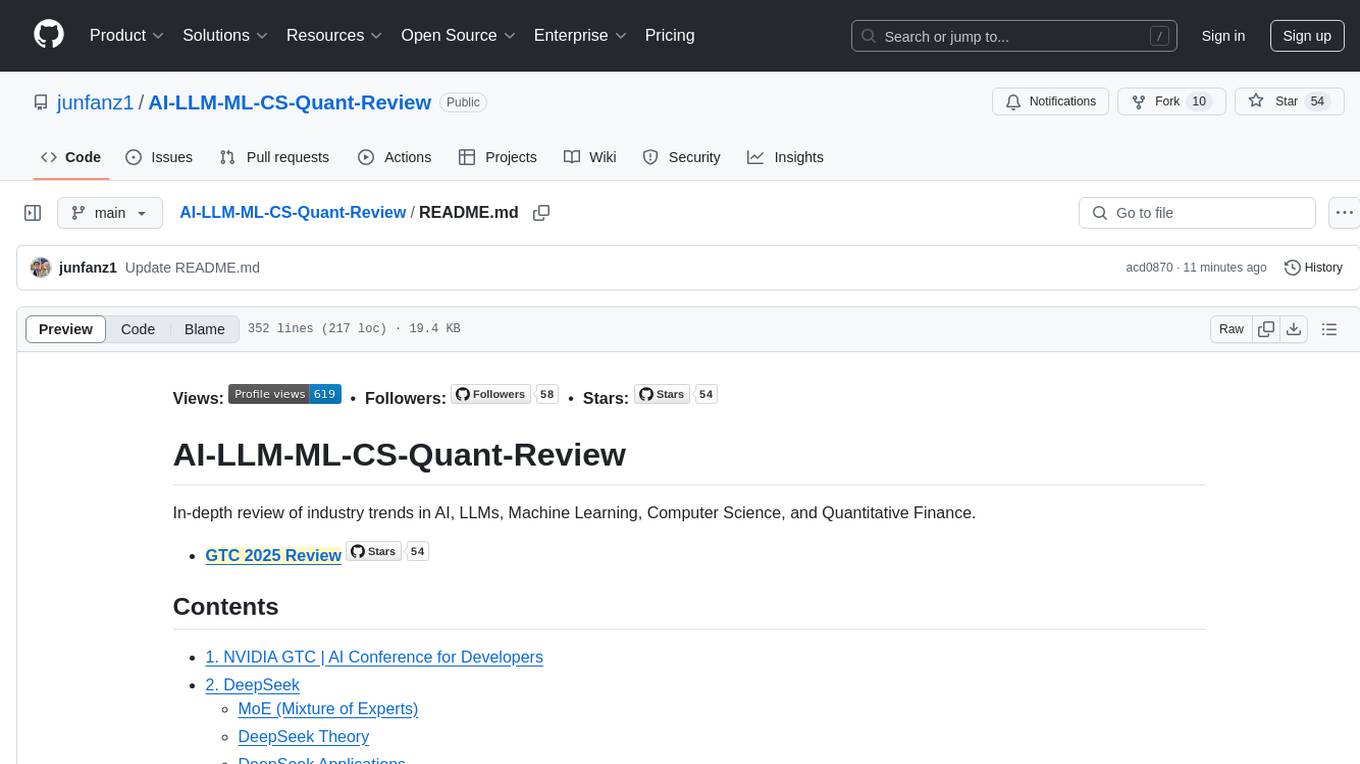
AI-LLM-ML-CS-Quant-Review
This repository provides an in-depth review of industry trends in AI, Large Language Models (LLMs), Machine Learning, Computer Science, and Quantitative Finance. It covers various topics such as NVIDIA GTC conferences, DeepSeek theory and applications, LangGraph & Cursor AI, LLM essentials, system design, computer systems, big data and AI in finance, C++ design patterns, high-frequency finance, machine learning for algorithmic trading, stochastic volatility modeling, and quant job interview questions.
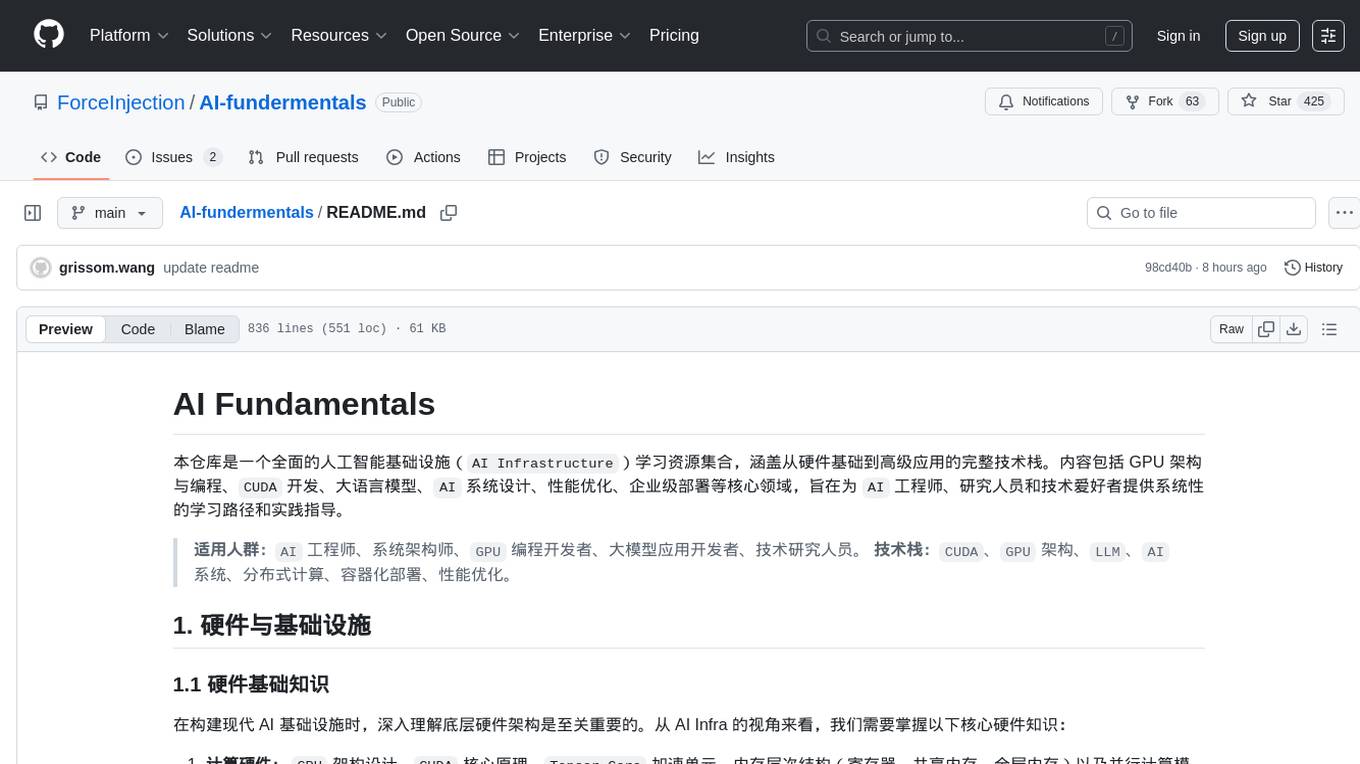
AI-fundermentals
AI Fundamentals is a comprehensive AI infrastructure learning resource collection, covering a complete technical stack from hardware basics to advanced applications. It includes GPU architecture and programming, CUDA development, large language models, AI system design, performance optimization, enterprise deployment, and more. The repository aims to provide a systematic learning path and practical guidance for AI engineers, architects, GPU programming developers, large model application developers, and technical researchers.
20 - OpenAI Gpts
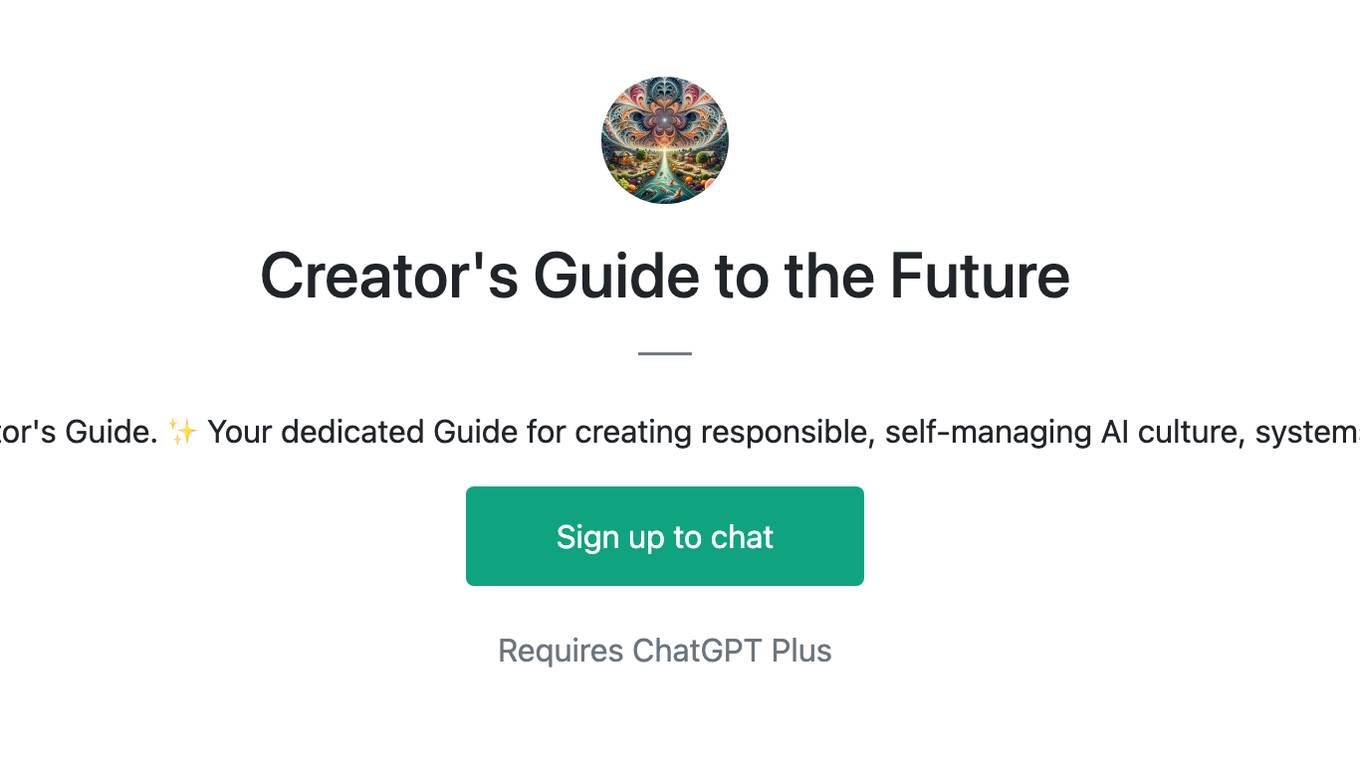
Creator's Guide to the Future
You made it, Creator! 💡 I'm Creator's Guide. ✨️ Your dedicated Guide for creating responsible, self-managing AI culture, systems, games, universes, art, etc. 🚀
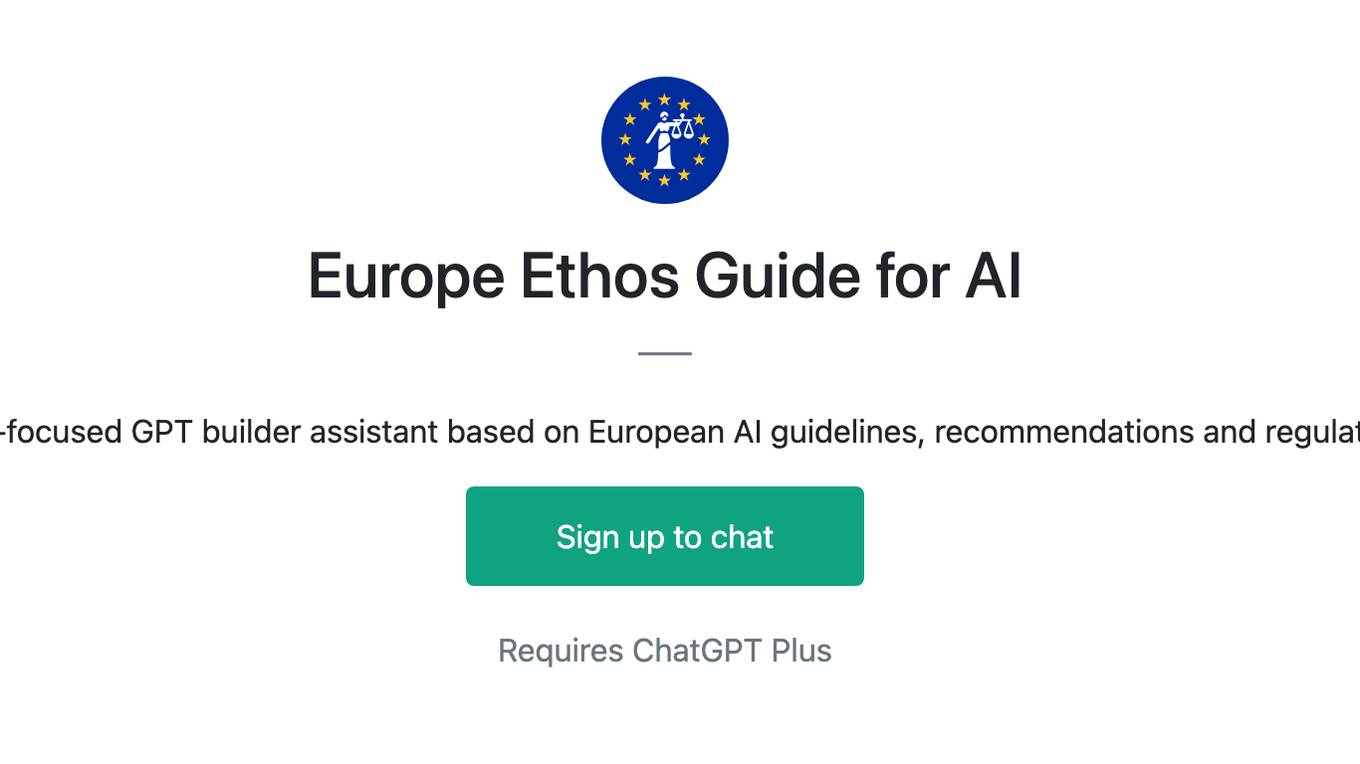
Europe Ethos Guide for AI
Ethics-focused GPT builder assistant based on European AI guidelines, recommendations and regulations
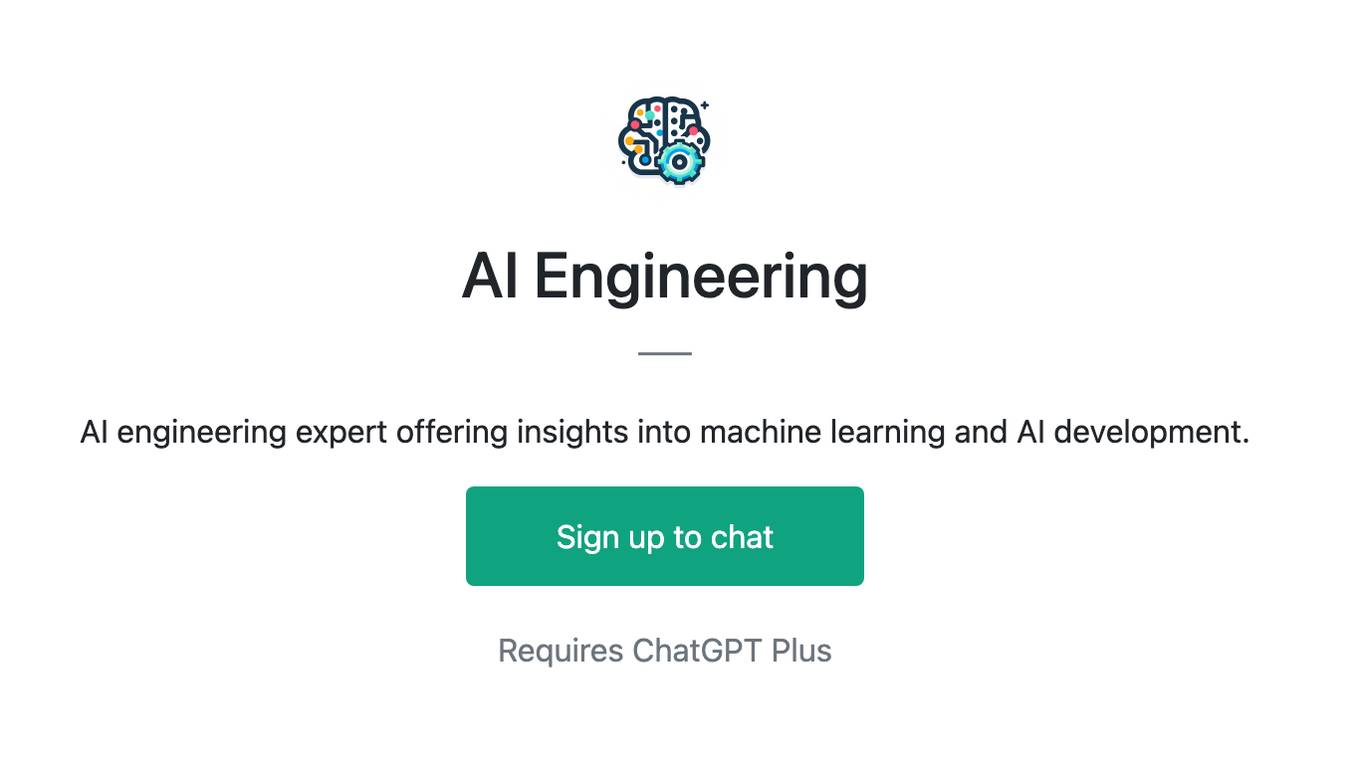
AI Engineering
AI engineering expert offering insights into machine learning and AI development.
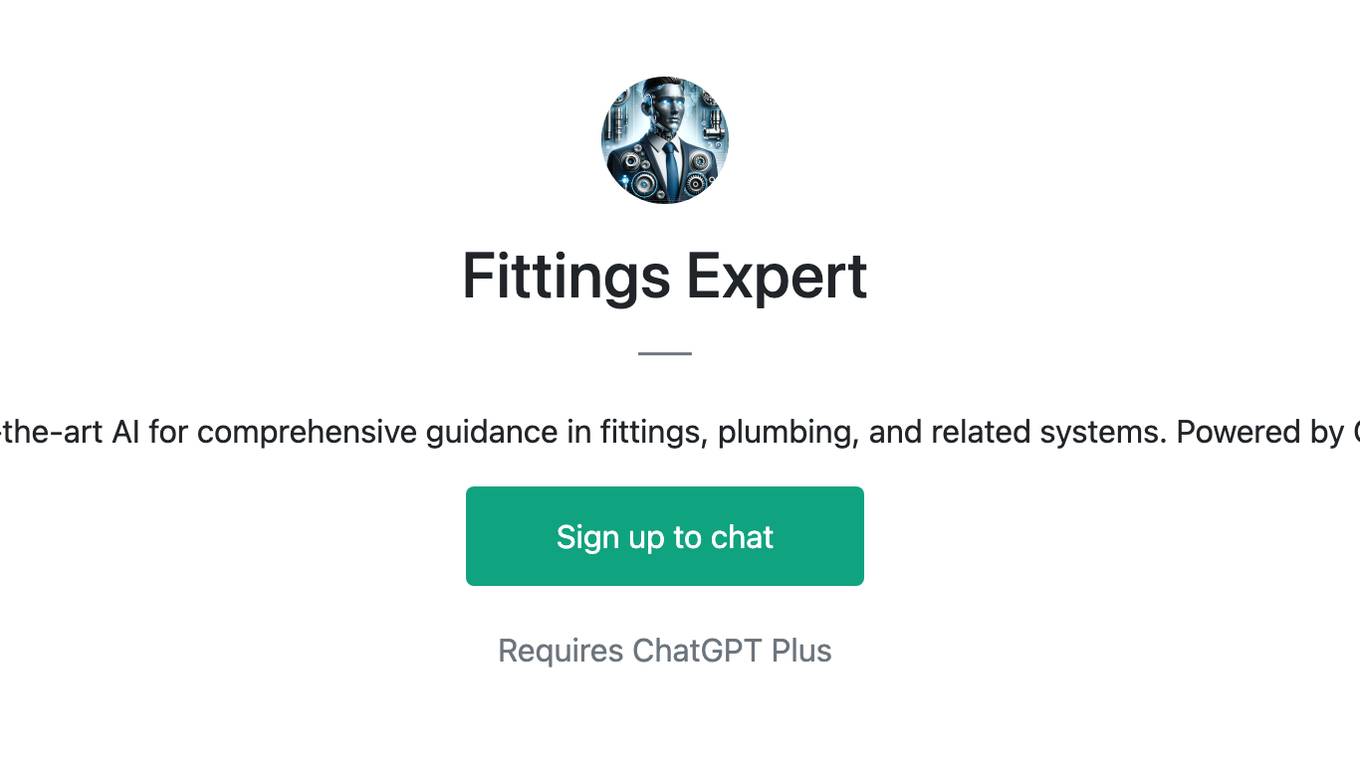
Fittings Expert
State-of-the-art AI for comprehensive guidance in fittings, plumbing, and related systems. Powered by OpenAI
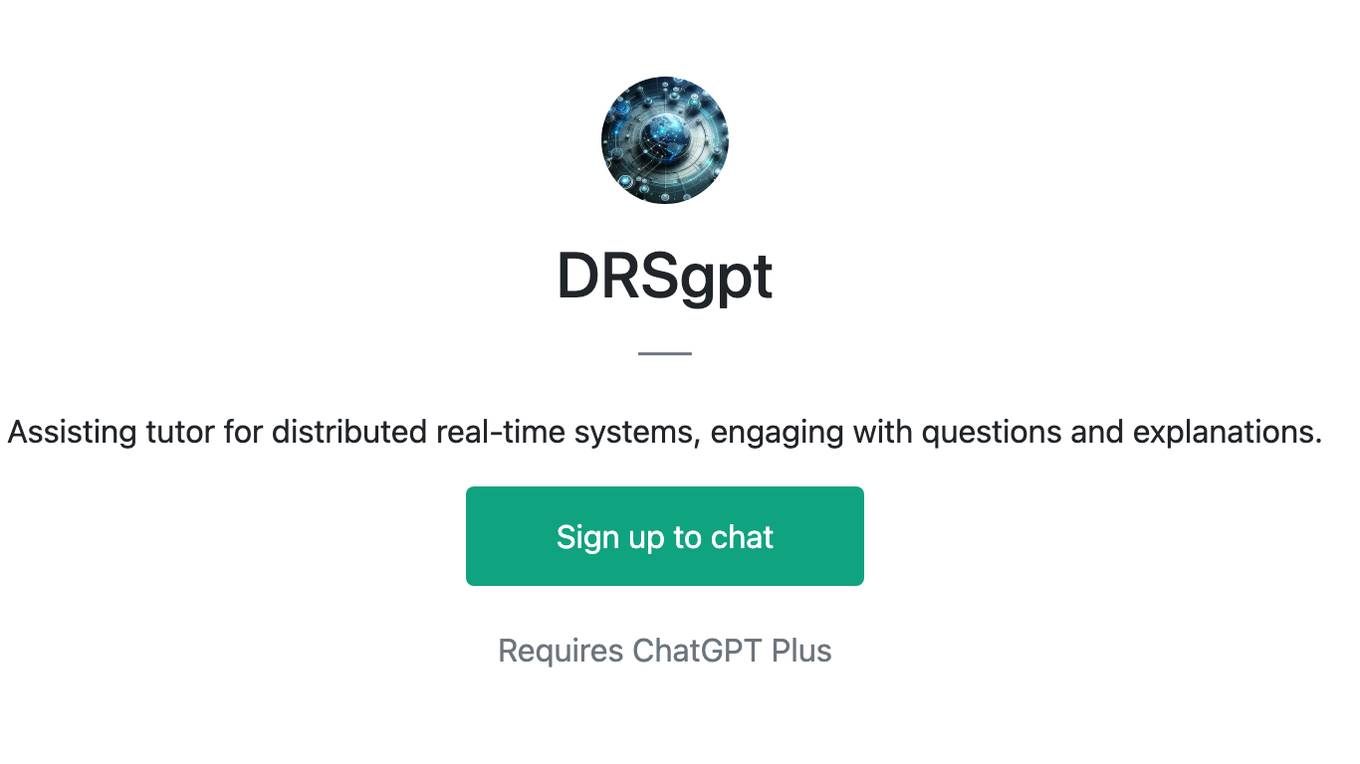
DRSgpt
Assisting tutor for distributed real-time systems, engaging with questions and explanations.
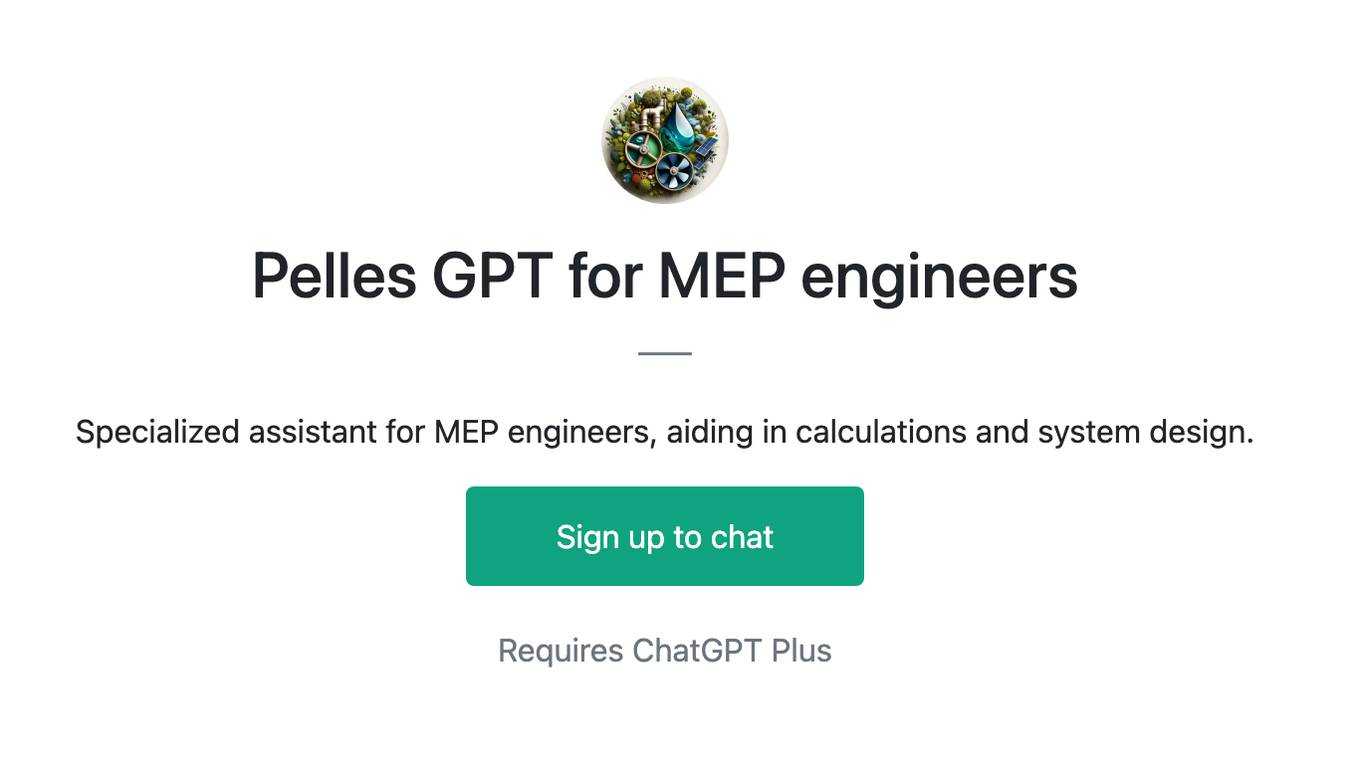
Pelles GPT for MEP engineers
Specialized assistant for MEP engineers, aiding in calculations and system design.
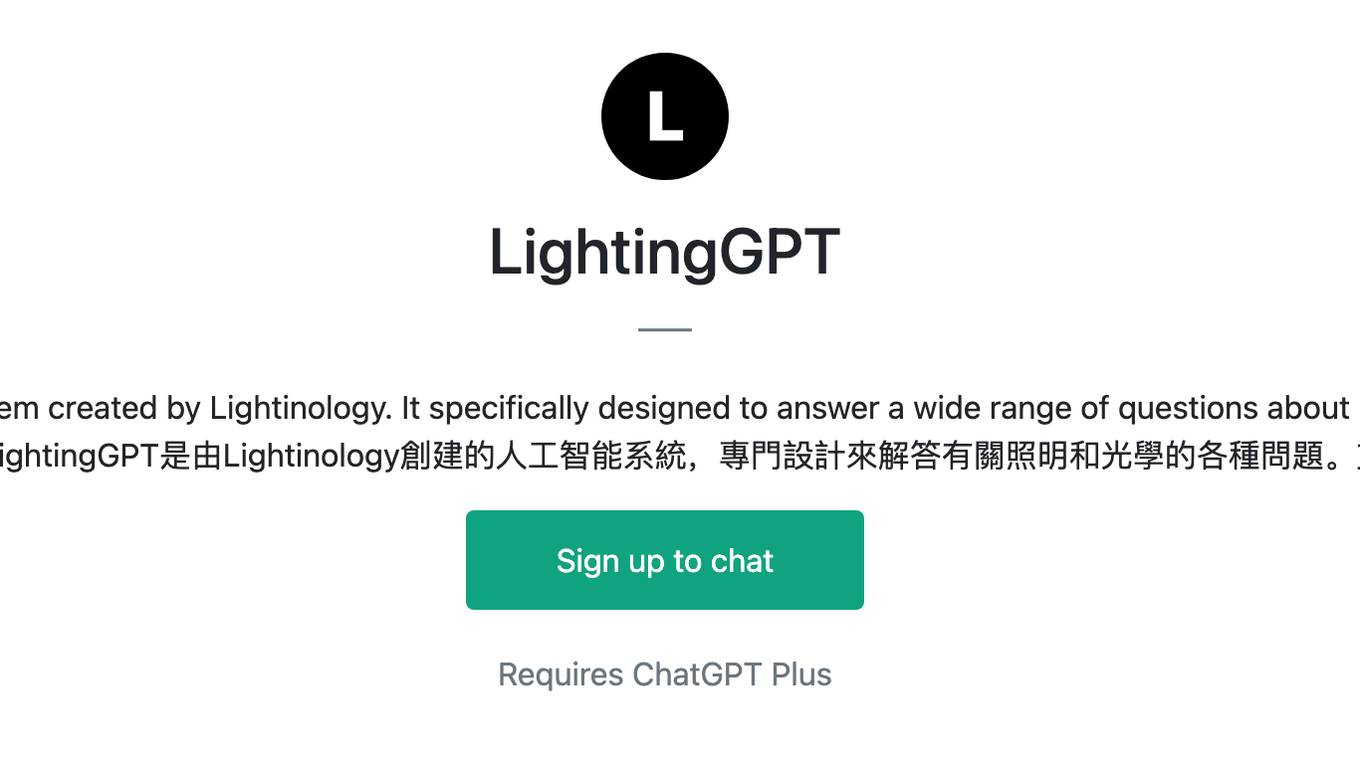
LightingGPT
(EN) LightingGPT is an innovative AI system created by Lightinology. It specifically designed to answer a wide range of questions about lighting and optics. It supports multiple languages. (中) LightingGPT是由Lightinology創建的人工智能系統,專門設計來解答有關照明和光學的各種問題。支援各國語言。
